According to a study by the Society for Personality and Social Psychology, spending more time on activities that bring you a sense of happiness leads to a better state of mind and well-being.
Ask most people, and they are likely to tell you about the time they spent binge-watching a series on Netflix, mindlessly surfing through social media, or in some cases, even hours spent online gaming. Not only are these tech-reliant activities mentally draining, but they also contribute significantly towards increasing your digital carbon footprint.
Spending more time on activities that bring you a sense of happiness leads to a better state of mind and well-being.
On the other hand, the somewhat lost art of ‘hobbies’ is also making a strong comeback. With a sense of online saturation setting in and a circumstantial increase in the time spent at home, many are now exploring outlets that help them de-stress and channel their creativity in new ways.
Even so, there are some hobbies that unknowingly, might add to environmental pressures. For example, pottery has been a long-standing therapeutic hobby, but it has been found that some of its aspects (such as the energy used in firing the pottery, toxic chemicals used in glazing, or even the potential health dangers of working with clay) might be unsustainable.
Similarly, certain paints that are used commonly in canvas and glass paintings have been found to be laden with toxic and damaging chemicals.
While we don’t mean to be alarmists, it is imperative for us to recognize the impact of our seemingly harmless activities. To help make things easier, we have curated some highly sustainable and fun hobbies, that will help also improve your lifestyle without costing much to the planet (or your pocket!).
Make the most of Nature Therapy with Organic Gardening
Whether you have an open garden, a cozy balcony, or even just an empty windowsill, you can try your hand at gardening and attempt to grow your own organic vegetables. Easy to learn and extremely de-stressing, you can start with low-effort plants like micro-greens and herbs. Not only does this activity connect you with nature, but organic gardening has multiple benefits. Besides being able to consume healthy self-grown foods, it also helps keep the air and environment clean.
Here’s a sustainable tip- Some of your daily kitchen waste (such as used tea bags, vegetable peels, and even eggshells) make for great fodder for plants! Use them to boost your plant growth instead of discarding such waste. If you need some initial help to build your kitchen garden, these fully-equipped DIY micro-greens is a great way to get yourself started!

Make your own face oils & serums
Be it making your own exfoliating sugar and lemon scrub, a brightening rice flour, and raw honey face mask, a soothing lip balm, or even a plant-based rouge, making your own skin products can be a fun activity to engage in! Skincare is an essential need, irrespective of age or gender. The Indian household is full of natural daily products that double up as effective products. This is also a highly natural form of skincare, devoid of chemical exposure. The added advantage? You get to customize it to your own needs, instead of relying on the odds of generically produced products.
Here’s something quick that you can try
To make your own face serum, simply mix a few drops of fragrant essential oil with a tablespoon of a face oil of your preference (hemp seed for oily, acne-prone skin or sweet almond oil for dry skin are some effective examples). You can also experiment with adding other natural substances like rosewater, aloe vera gel, or sandalwood powder based on your desire! Store this serum in a well-sealed glass bottle and use it either as a makeup primer or in your step-wise morning routine!

Don the chef’s hat & try some healthy baking
Similar to gardening, baking is also known to be highly stress-busting. Instead of trying the usual sugary brownies and cakes, experiment with healthy alternatives. This can also make for a fun bonding activity with your children, siblings, or partner. Not only will it help inculcate a healthier eating habit, but it also lets you explore your culinary creativity with leftover, common kitchen ingredients. Try your hand at a low-carb cauliflower pizza crust or reinvent your traditional chocolate cake with oats and unsweetened cocoa powder instead- the options to get creative are endless!
Did you know?
Over-ripe bananas make for great ‘fat substitutes’ when baking cakes or muffins. They are often used in healthy recipes to add bulk and flavor without having to use other fats like butter or oil. They also help bind gluten-free flours and reduce the need for extra sugar or sweeteners as ripe bananas are naturally sweet! Now isn’t that a great use for those spotted, soft bananas that usually tend to go to waste?

Become your own designer with DIY Fashion
The art of DIY hobbies is one that never fails to impress. There is always something exciting about creating new things from scratch. Besides giving an added sense of value for your things, handmade items also make for heart-touching and personal gifts.
What better than having some fun exploring your personal style with jewellery and clothes, while also practicing sustainability?
For those who love adding new trinkets to your collection, you can create charm bracelets, necklaces, or anklets by repurposing old buttons, coins, and even the small caps from glass bottles! If you want to get experimental with clothes, try your hand at embroidery or sewing. You’ll be surprised by how some simple and basic needlework can revamp an old outfit that you might have considered discarding.
Another pro-tip you can try is converting old dupattas into funky wrap-around tops or skirts for your next beach vacation! PS: Re-patch embroidery from old clothes, or mix and match a few pieces to a truly show-stopping piece that represents your style!

Try your hand at sustainable journaling/scrapbooking
Journaling has always been a loved hobby, quite prevalent since time immemorial. Be it simply as a way of restoring old memories, to express those deep, private thoughts, for sketching and doodling or even to maintain a gratitude list, journaling can be a highly cathartic & fulfilling hobby. Unfortunately, awareness around the unsustainable nature of most stationery products has put this on practice on a back-burner for many.
Thankfully, there are several ways in which you can bring back this hobby sustainably. Using recyclable journals made of earth-friendly paper, as well as pens & pencils made of planet-friendly materials such as neem and bamboo can help ease the guilt and satiate your love for doodling with quality stationery.
Additionally, repurposing certain household waste items such as old decorations, newspapers, magazine covers and even lace trimmings from old clothes can all be upcycled as aesthetically pleasing decorations in your journals & scrapbooks.

We truly believe, that if you put your heart and mind to exploring your creative side, there is no dearth to the things you can do. Even if you’re looking for the right kind of inspiration, the online space is full of guidance in ways to live and innovate sustainably.
In fact, many have now found a knack for interior decoration with upcycled products while some have even made small businesses out of their experimental hobbies like selling handmade journals, earth-friendly candles, and even organic, homemade snacks!
Right from coffee paintings made from waste such as used beans and grounds to canvases made of re-purposed wooden planks, the ways to unleash inner creativity are unlimited.


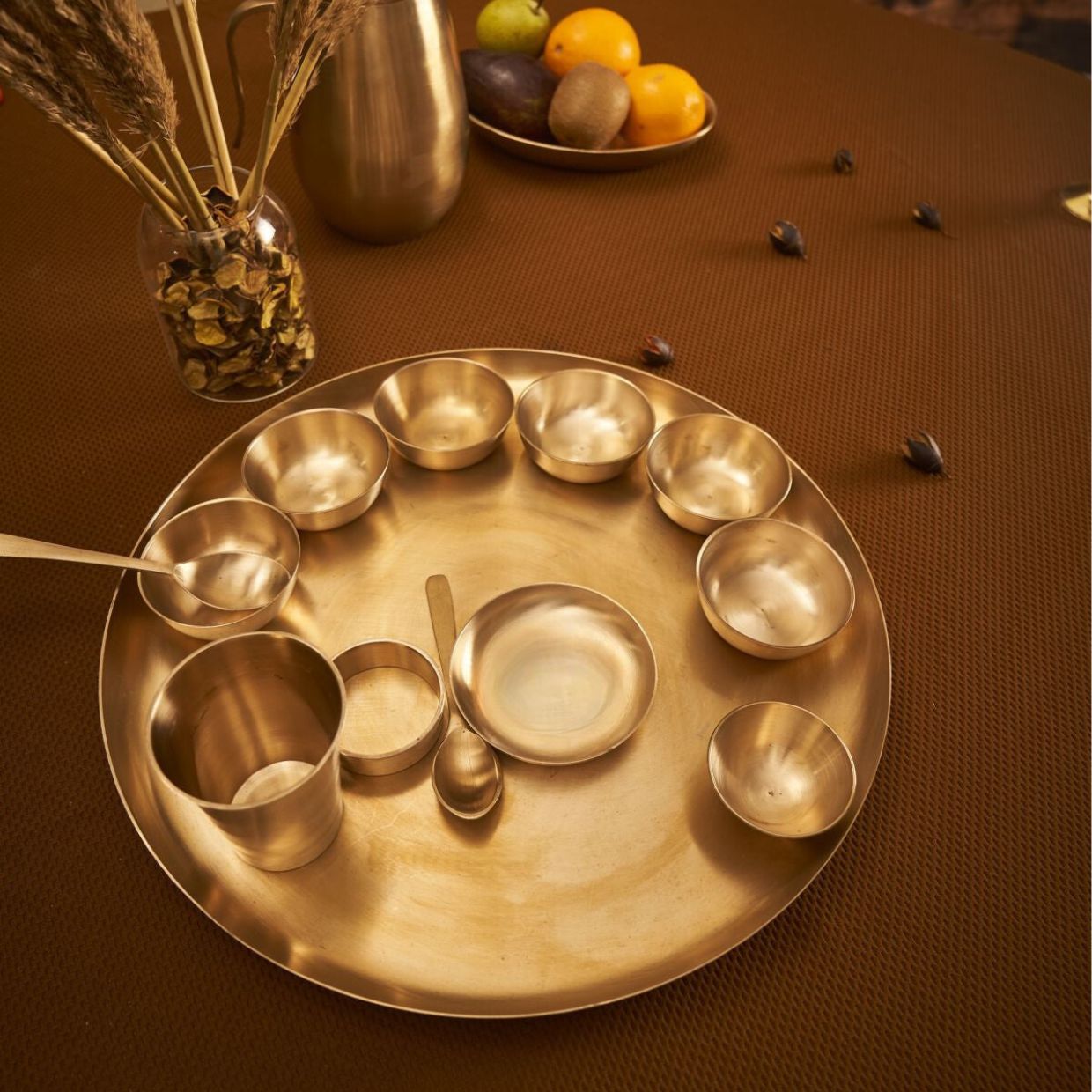
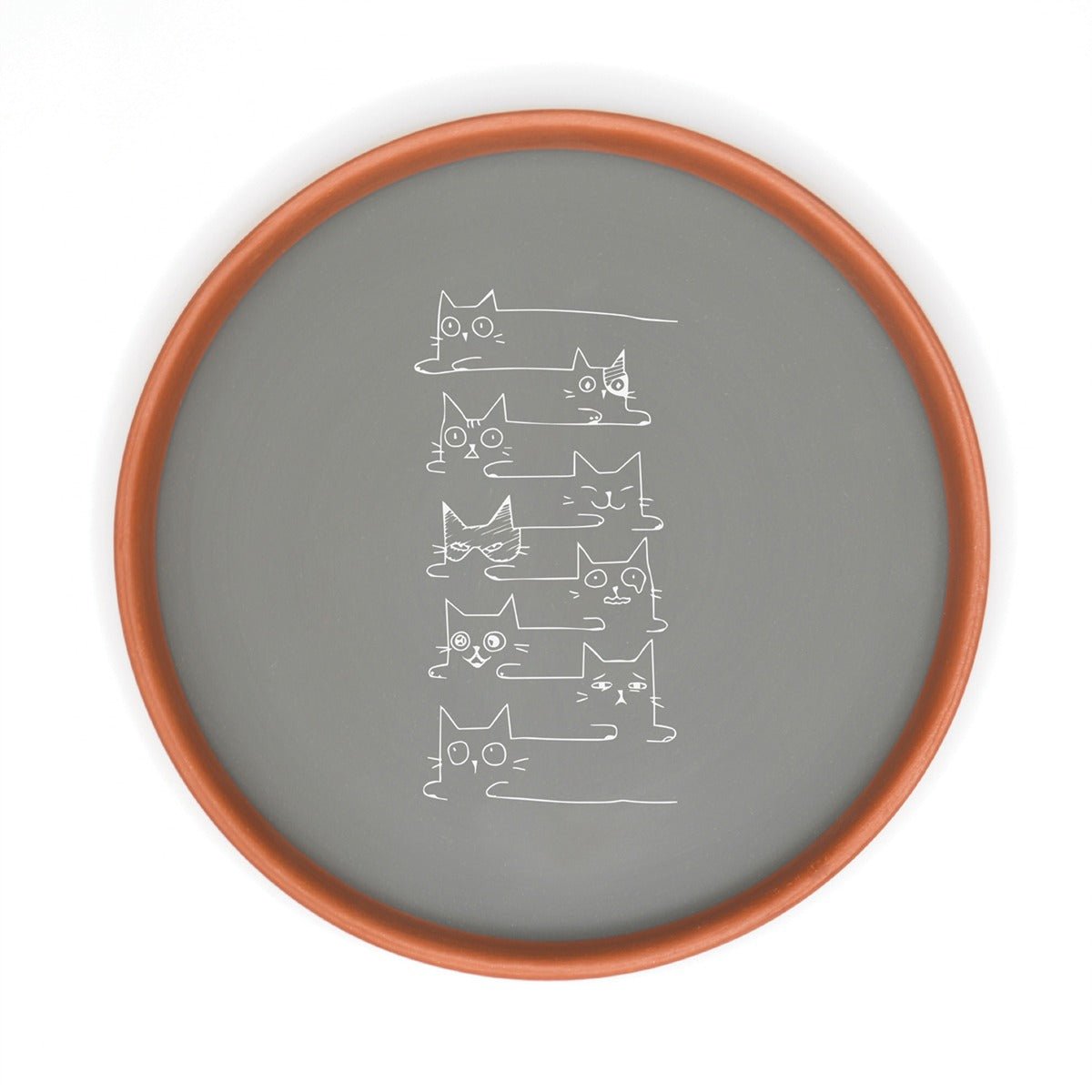
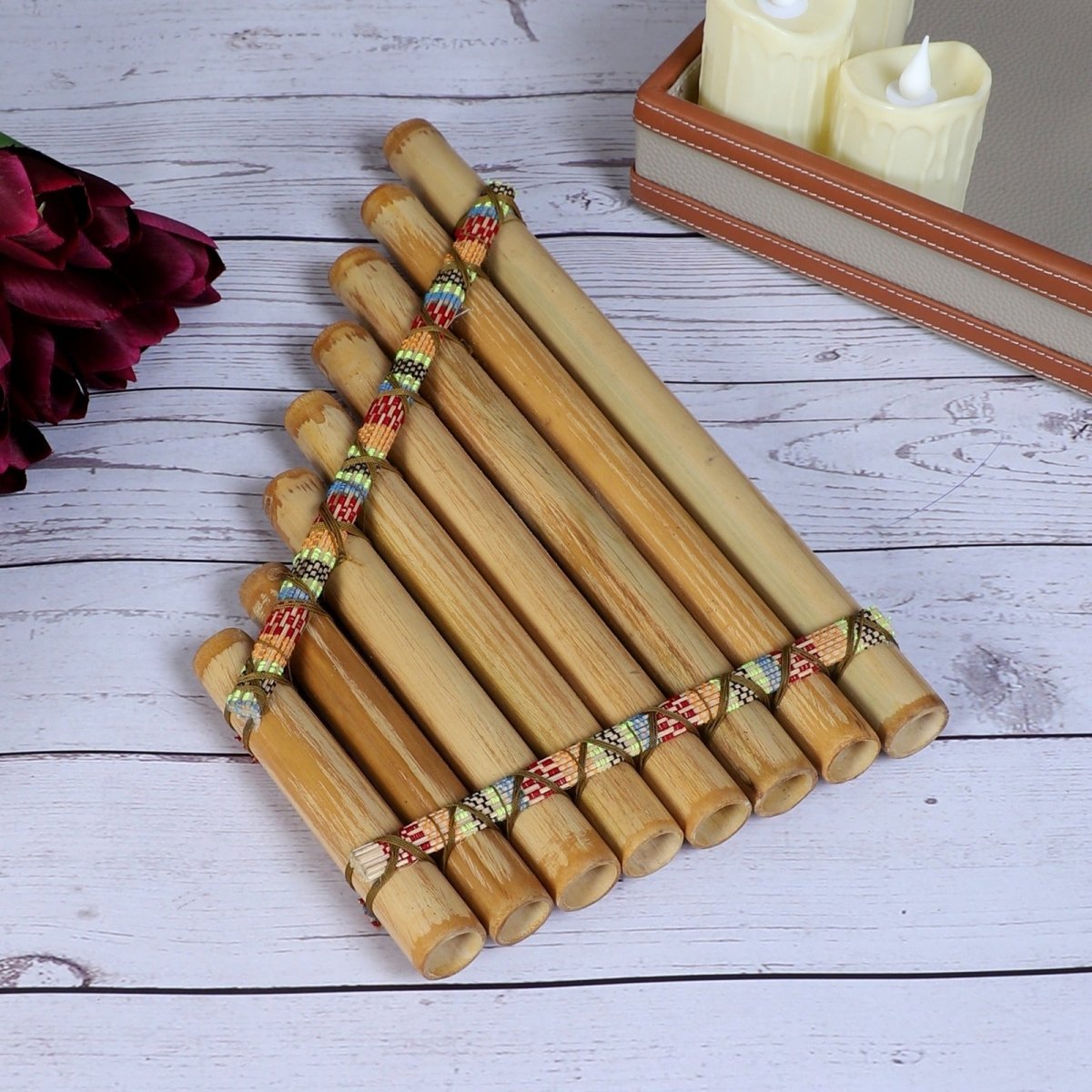


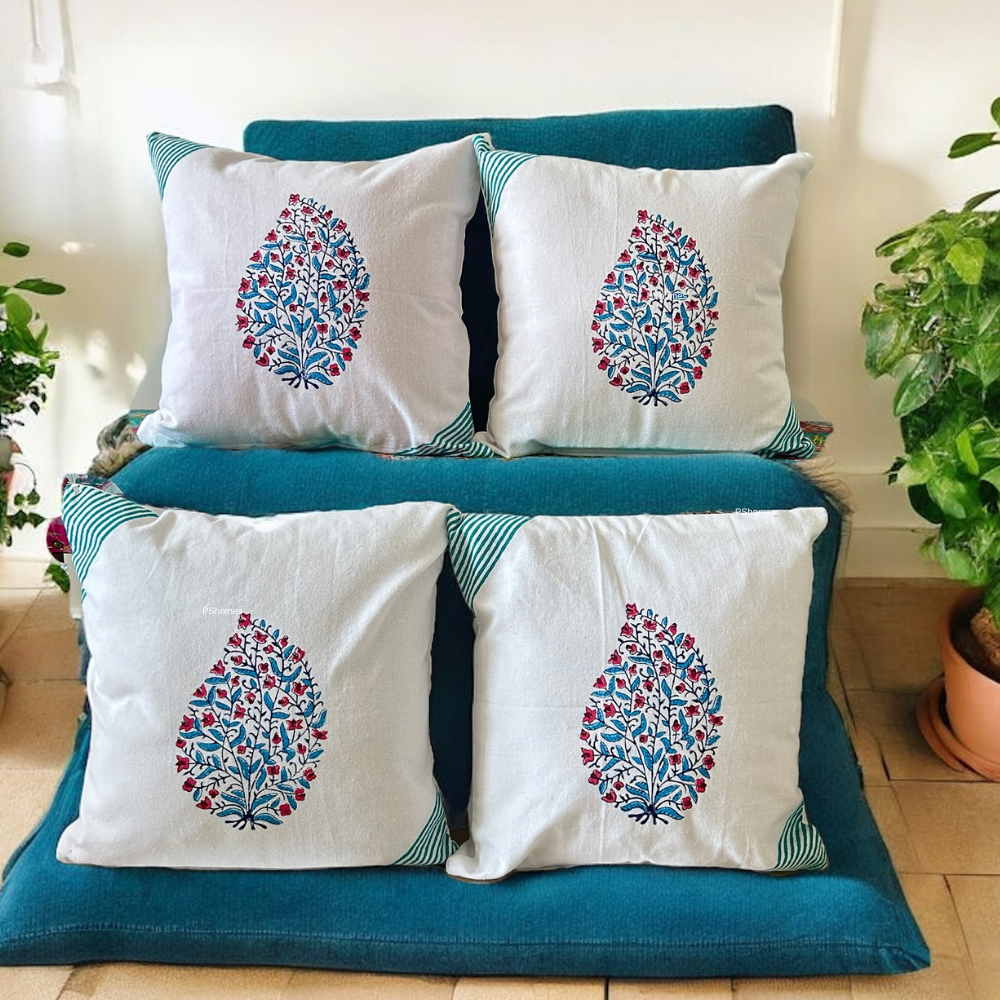
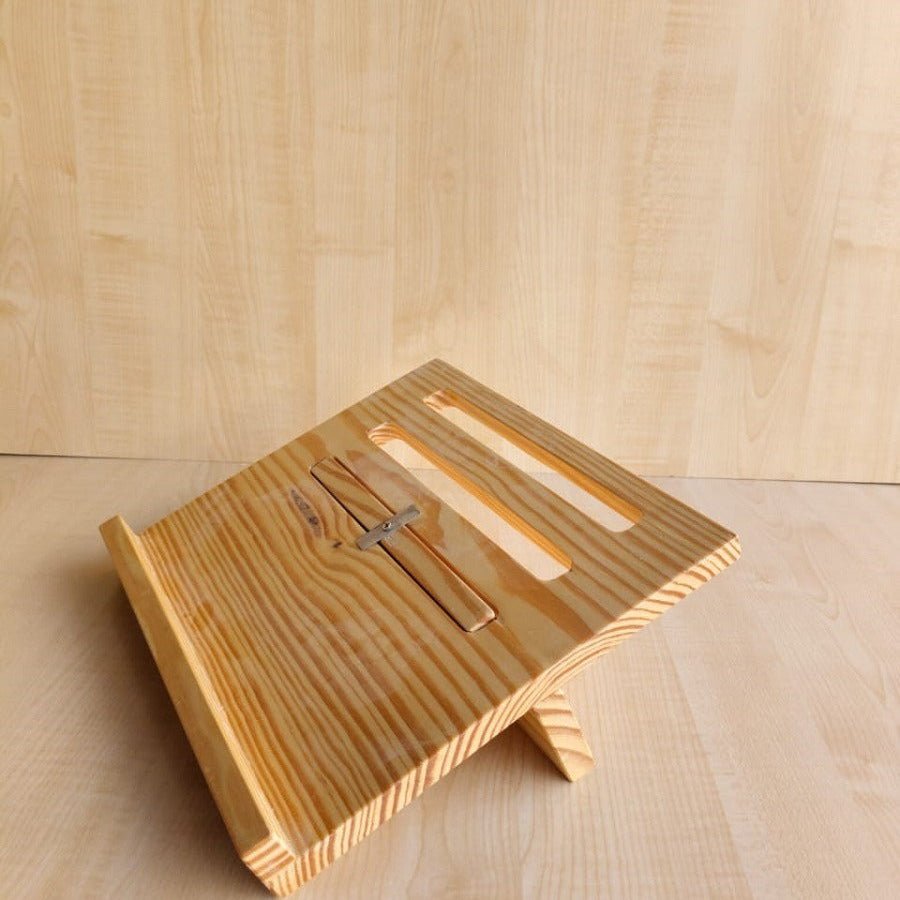
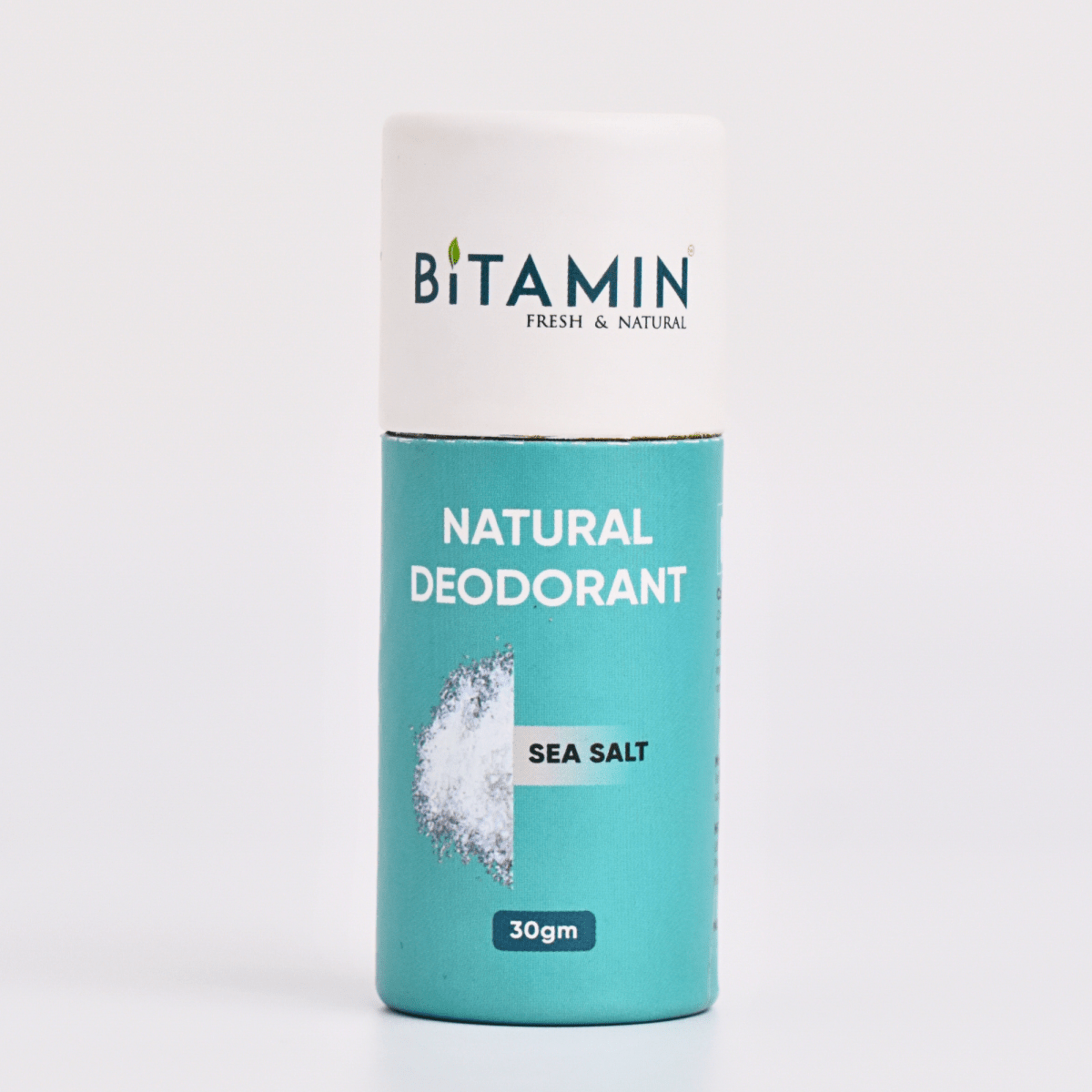
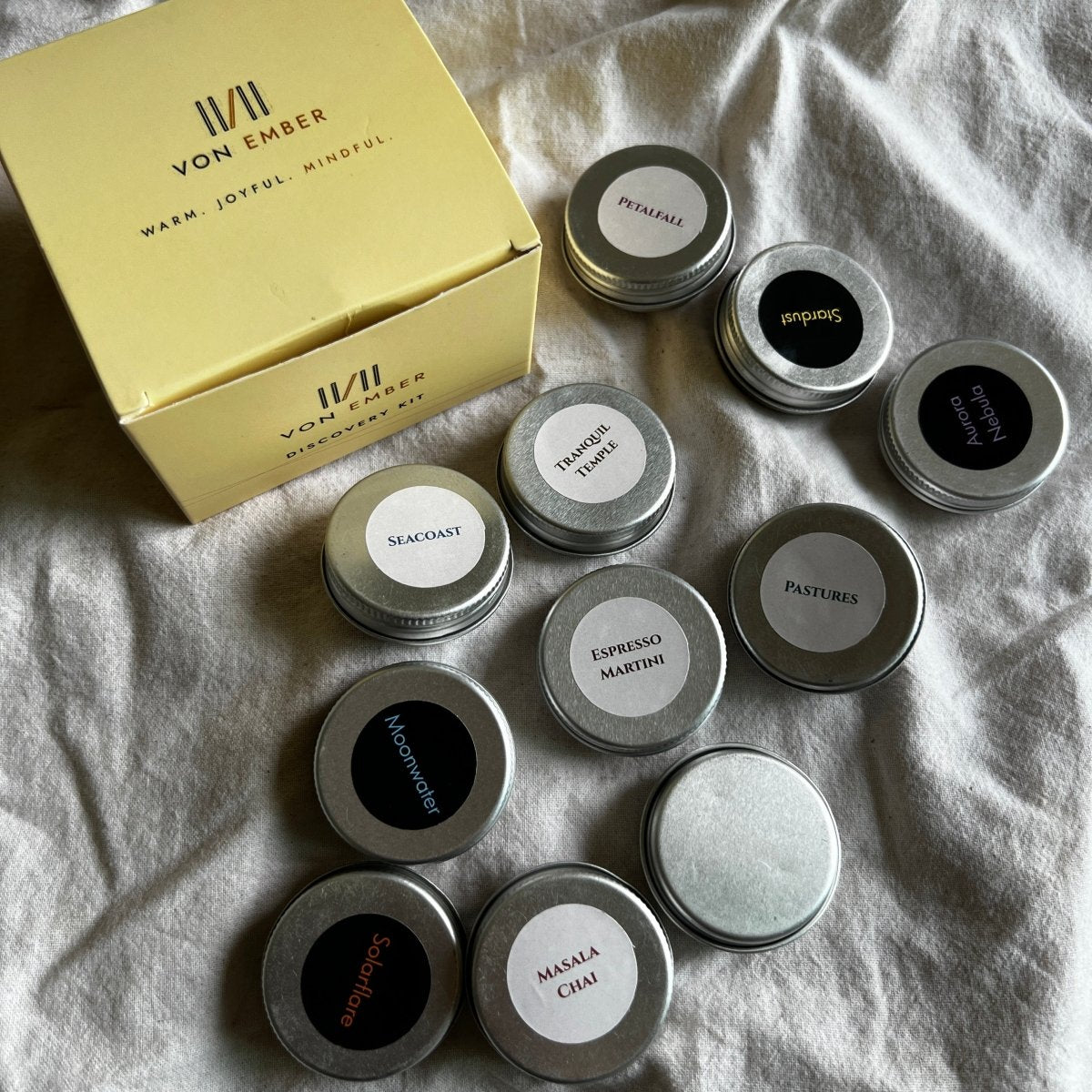
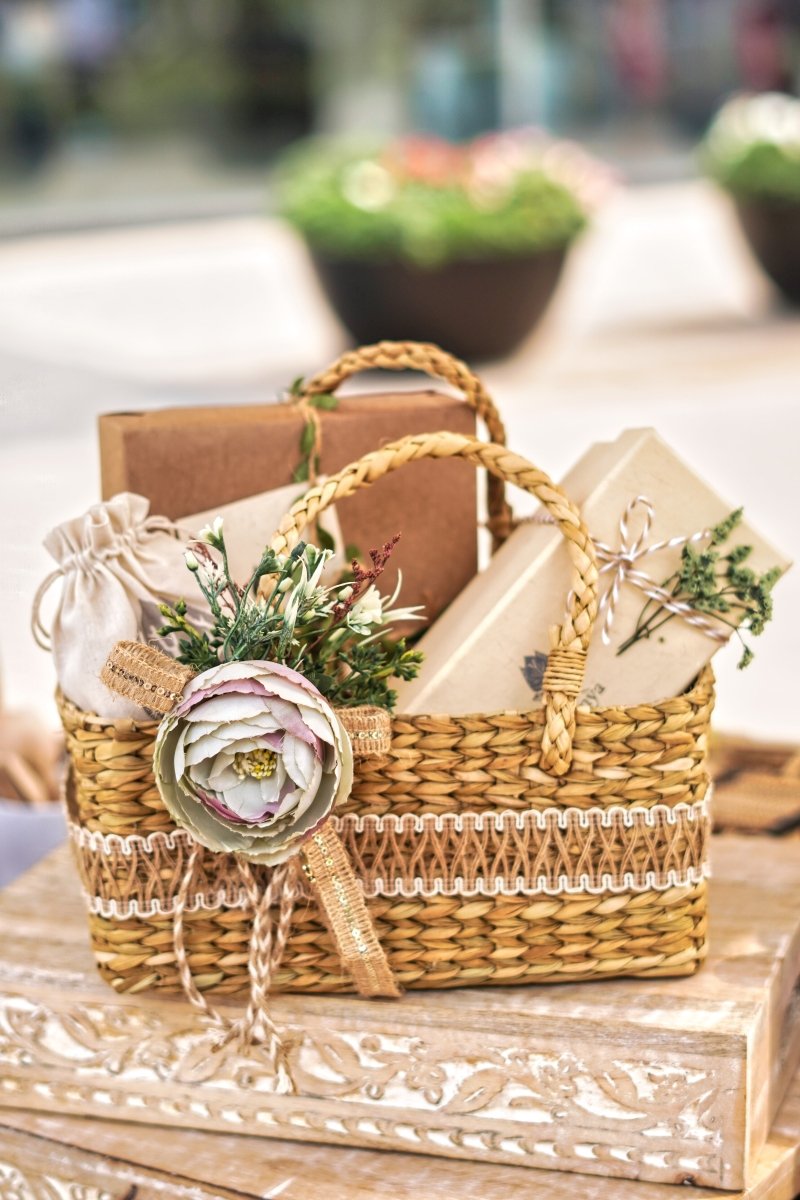
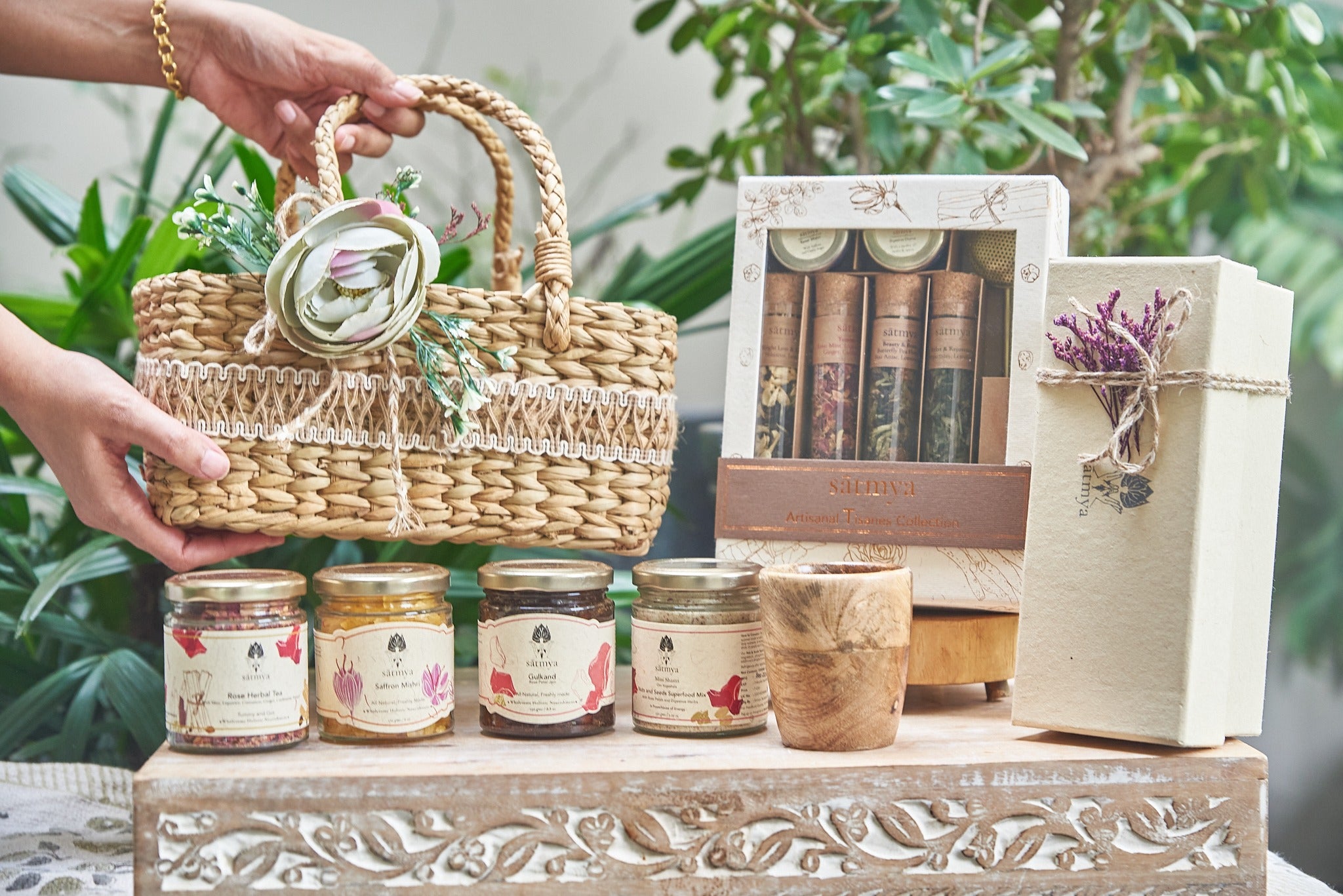
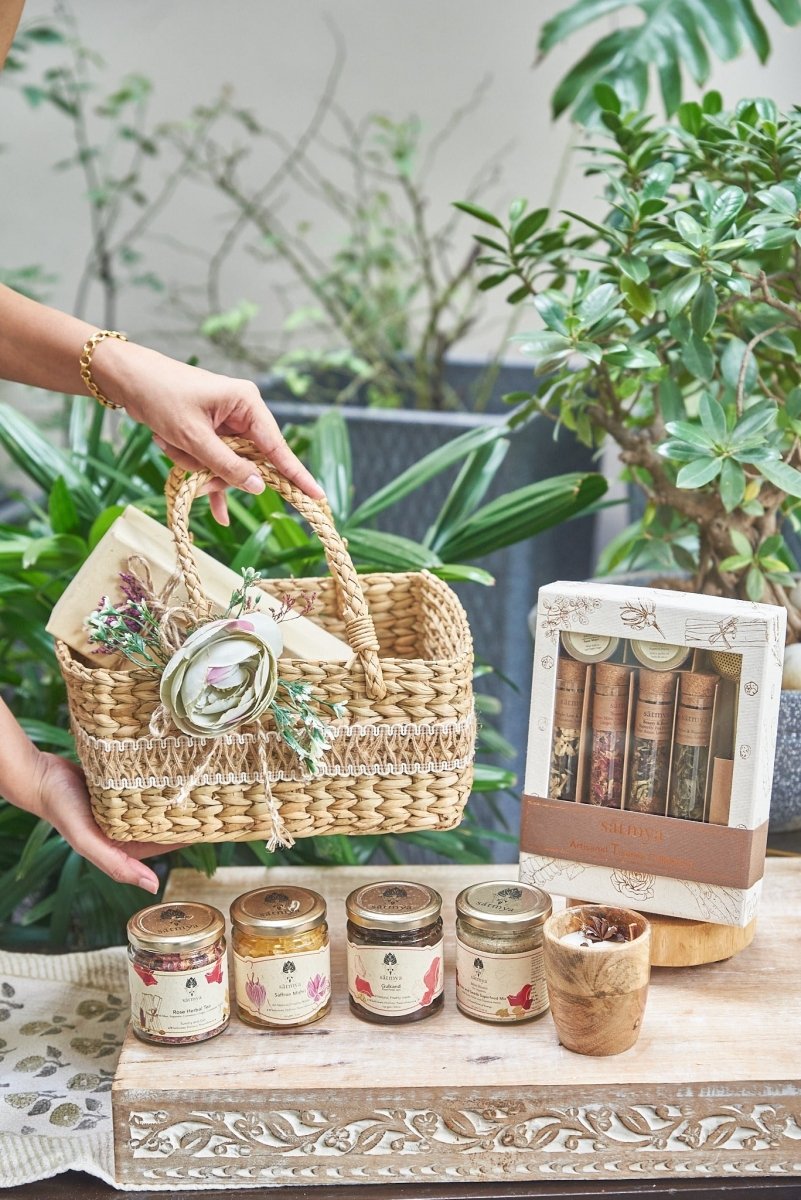
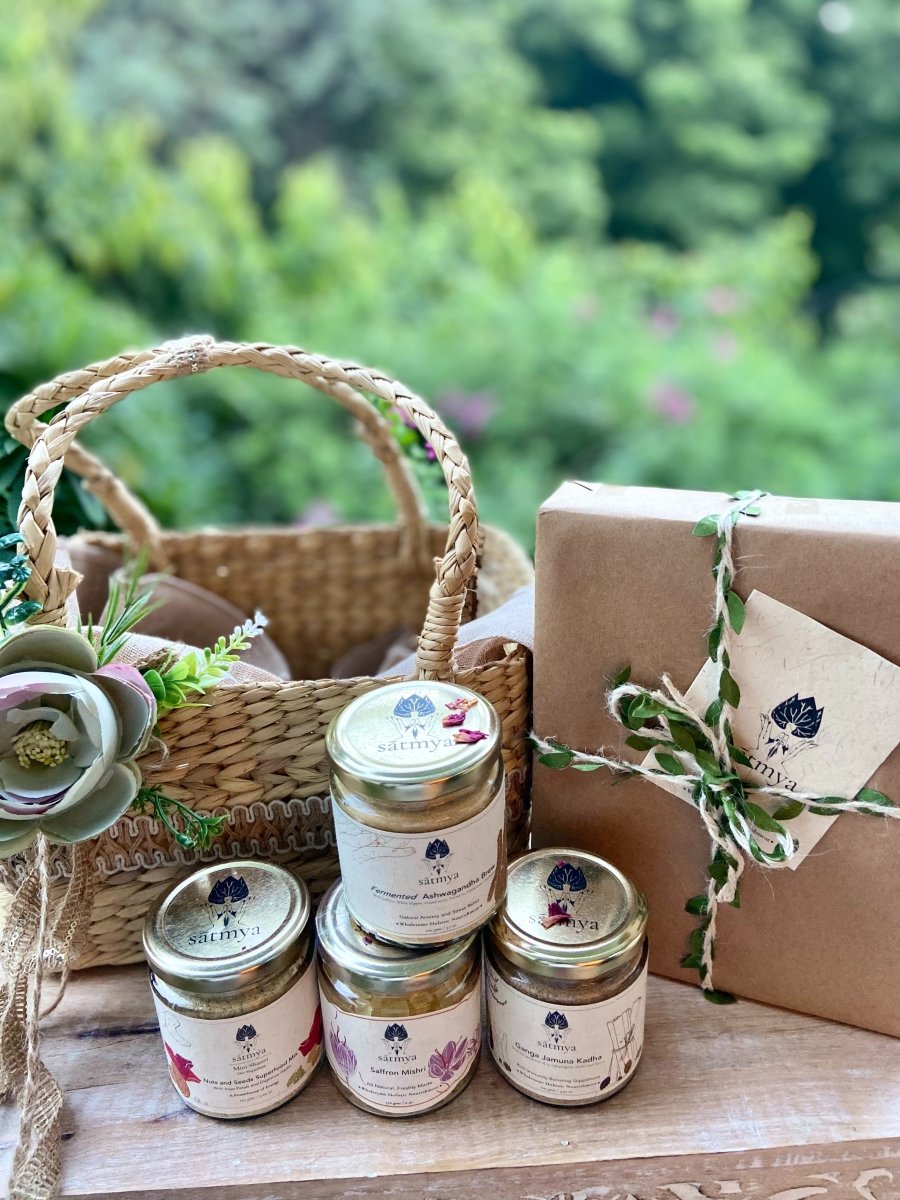
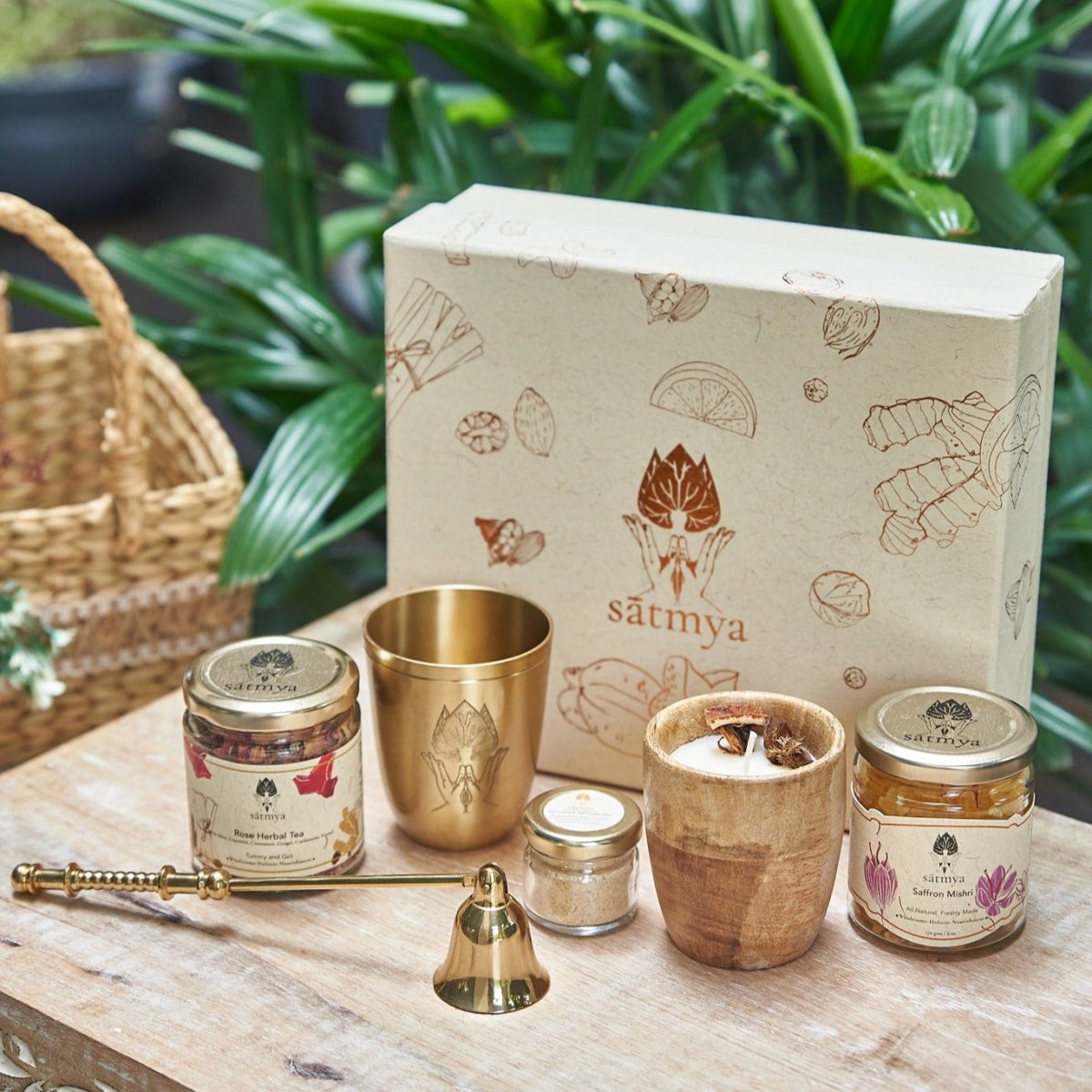
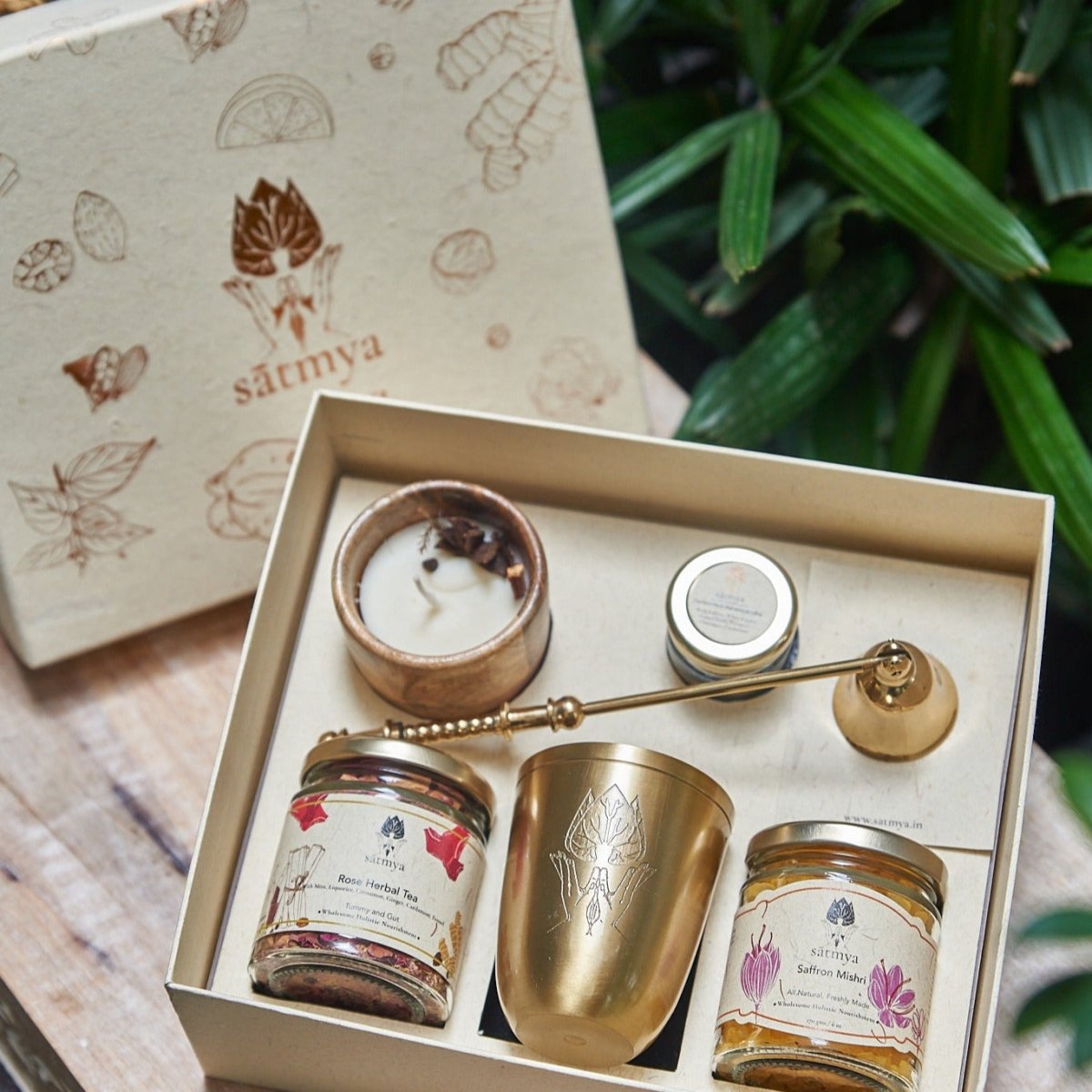
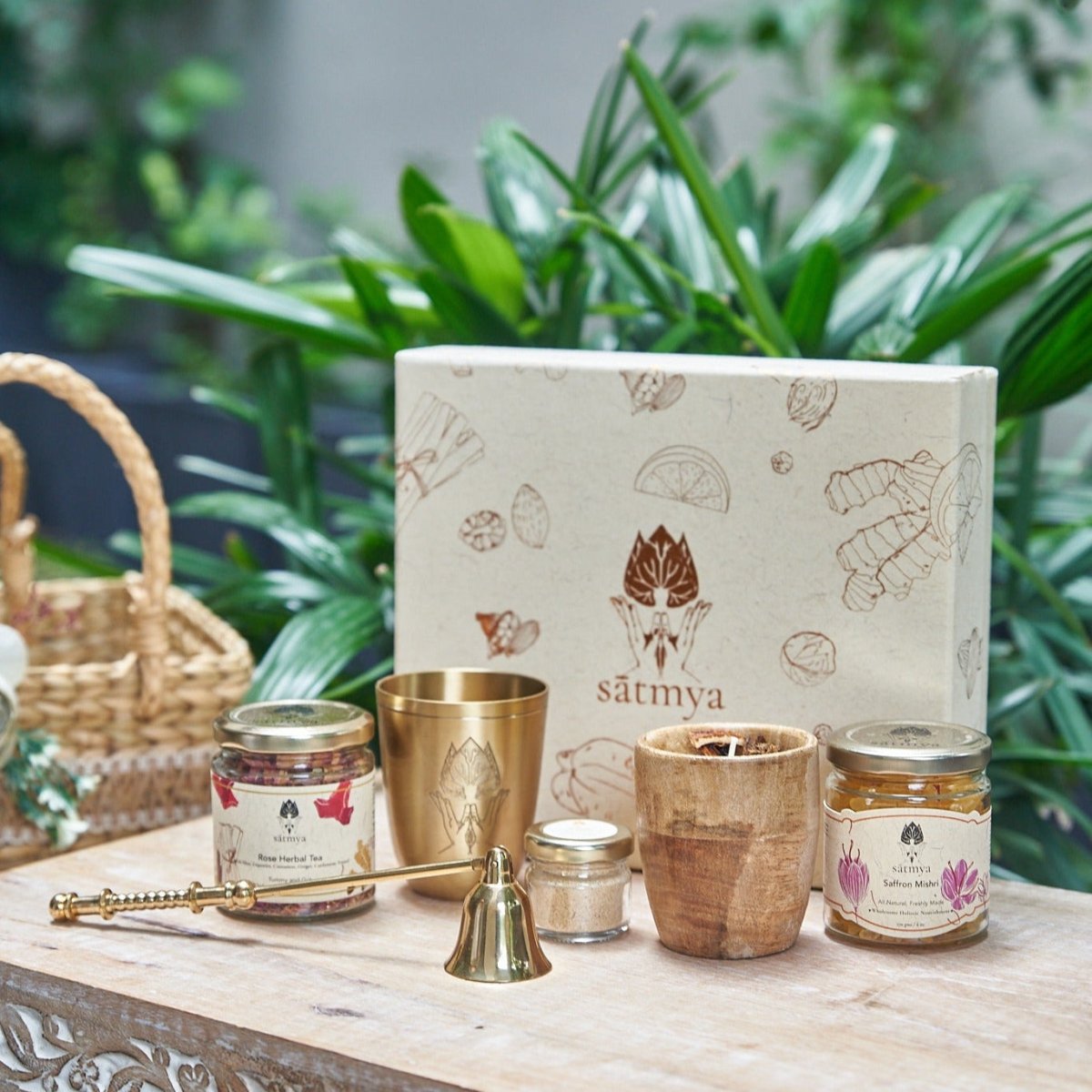
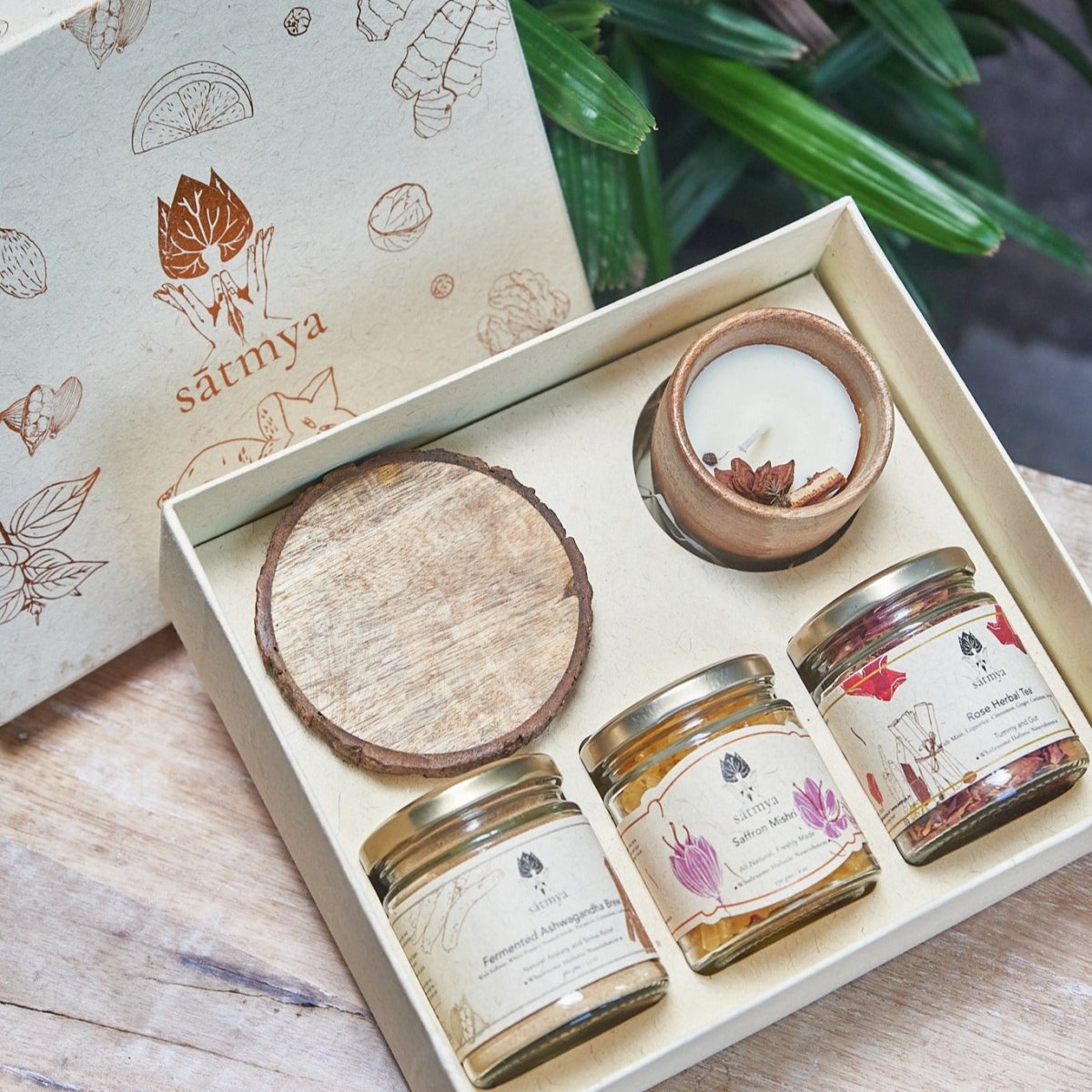
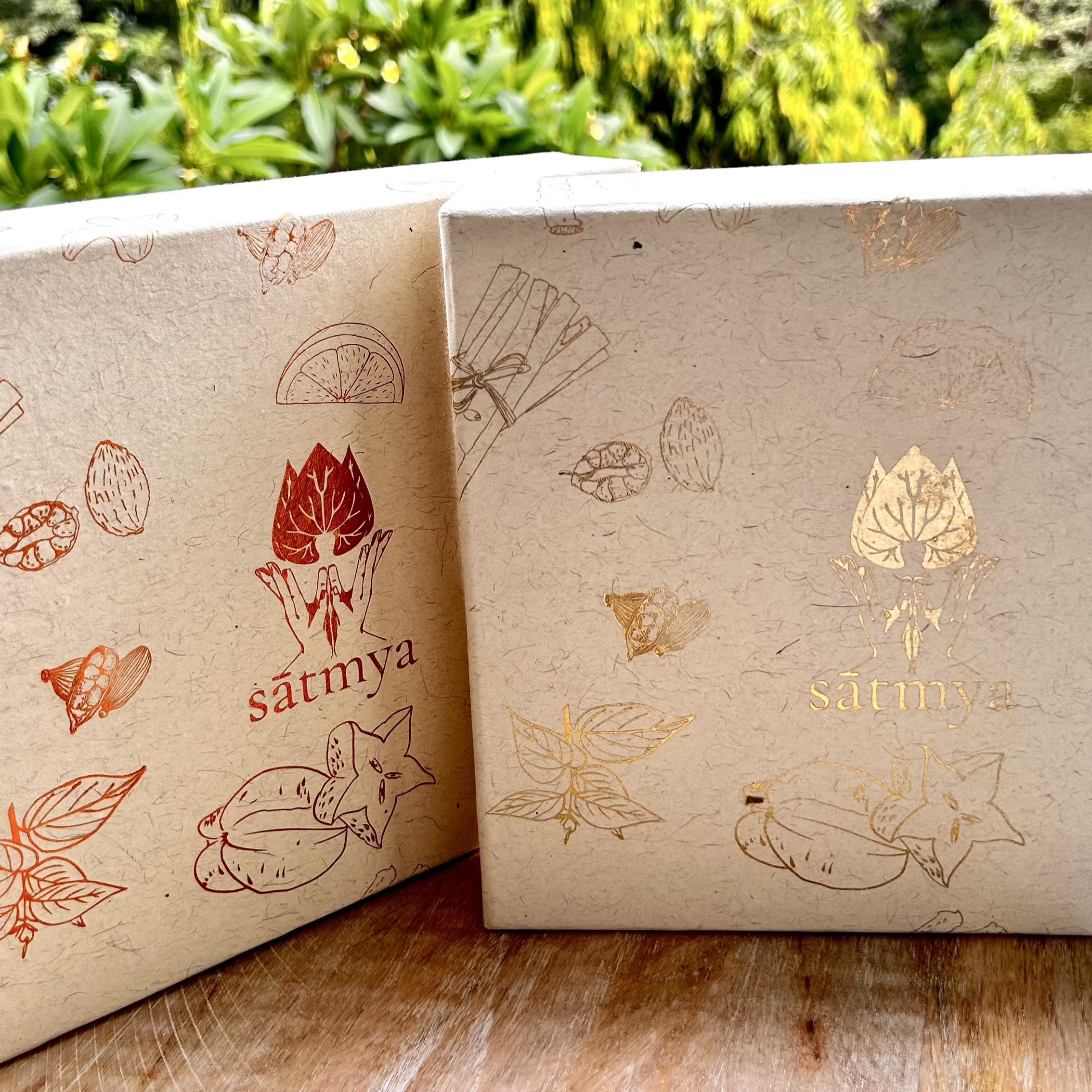
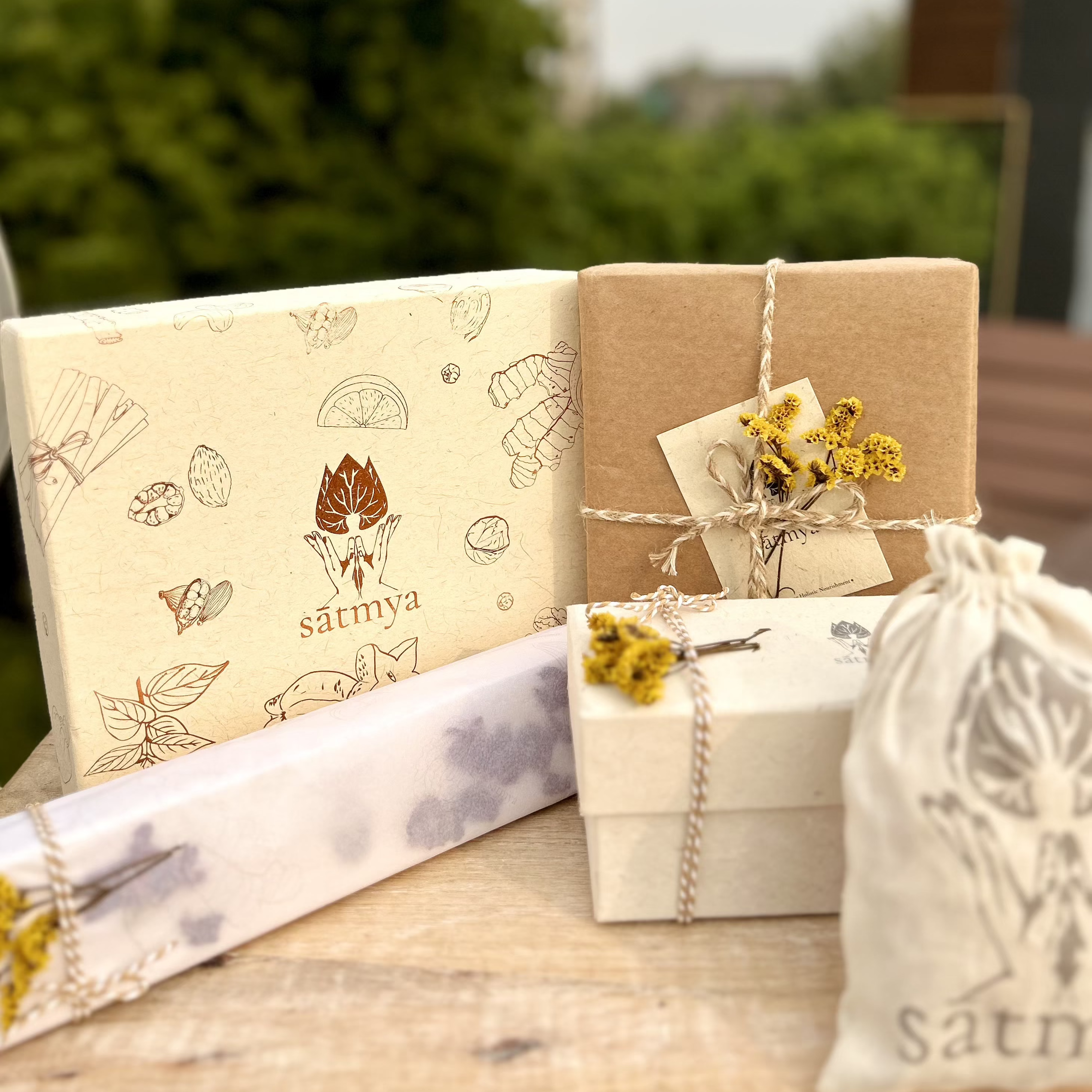
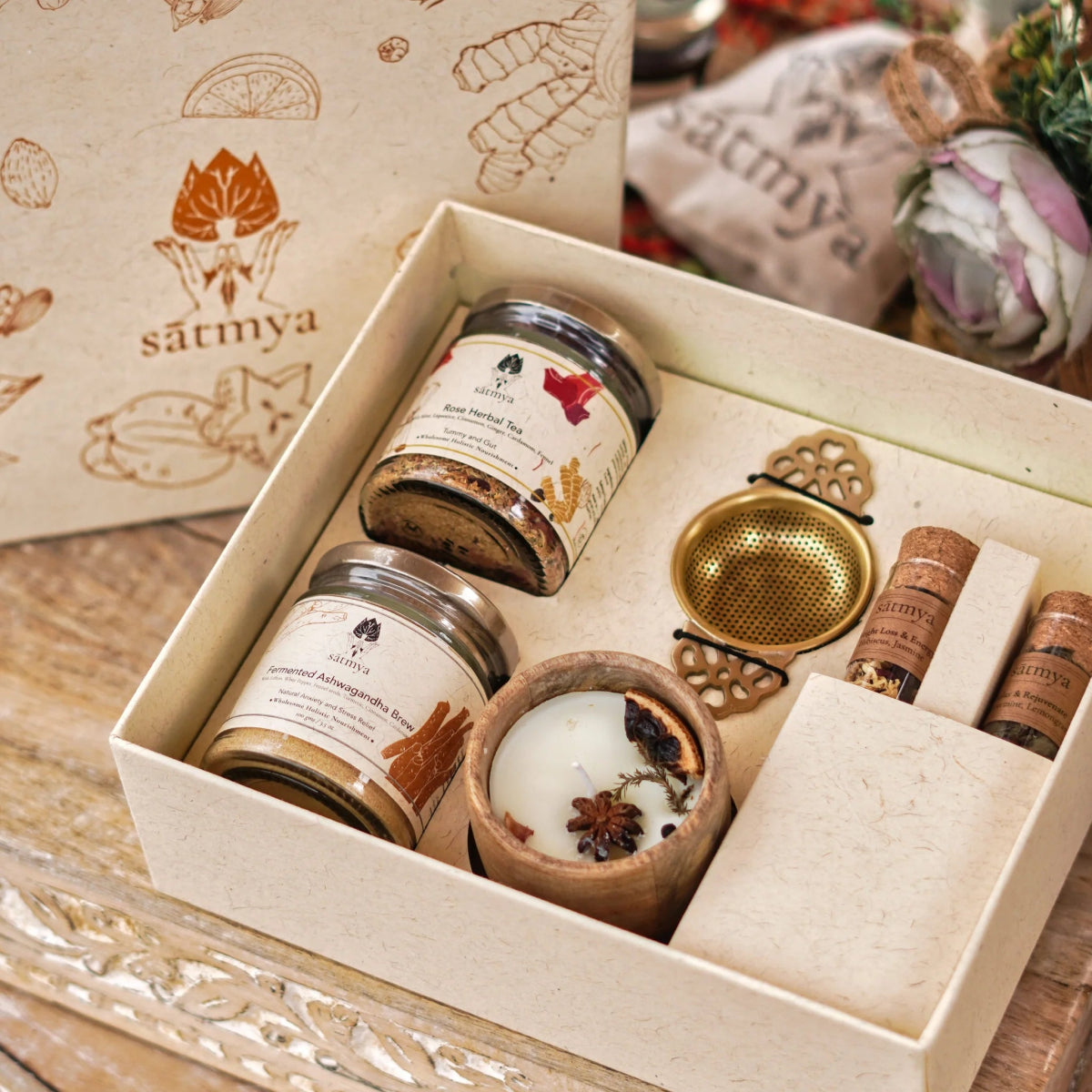
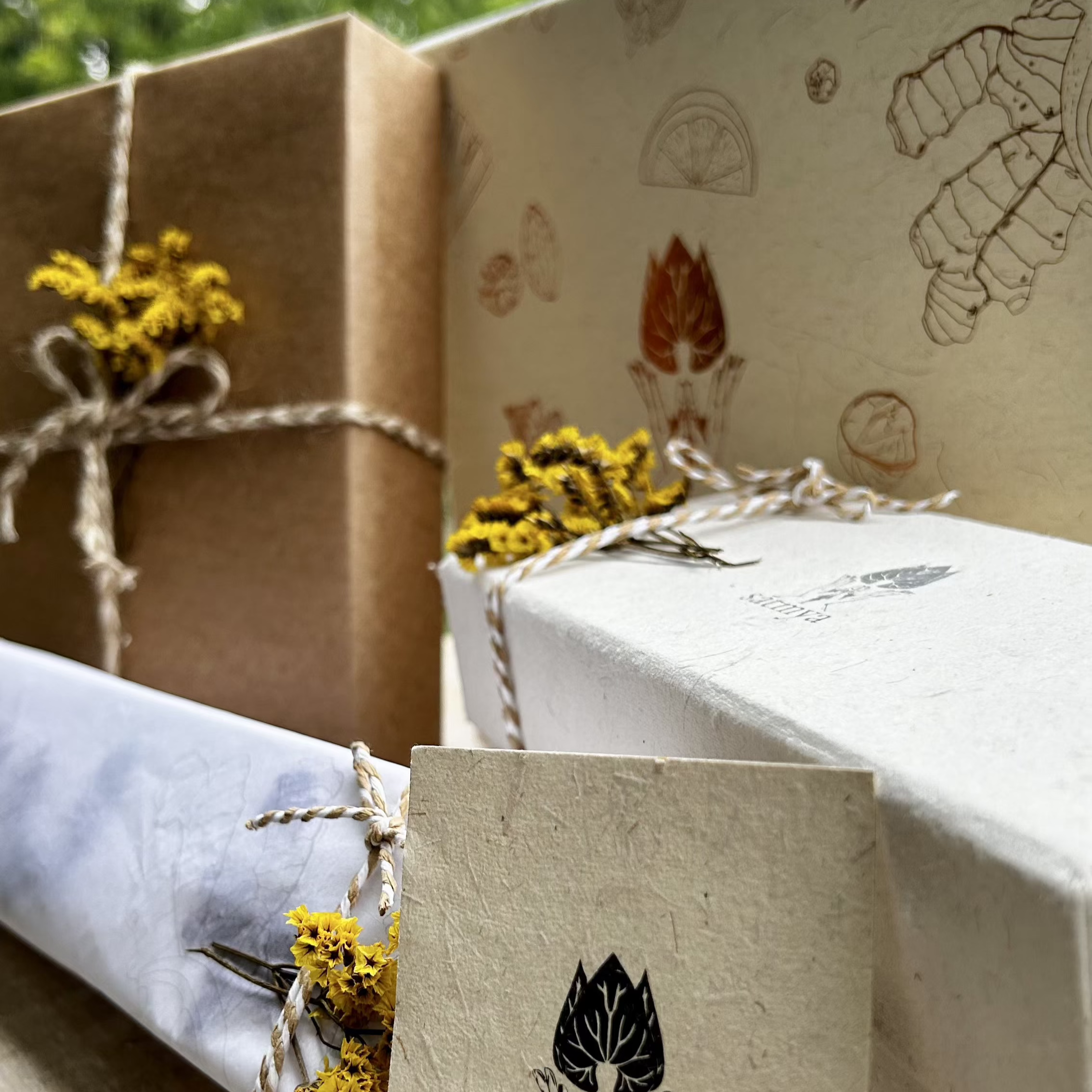
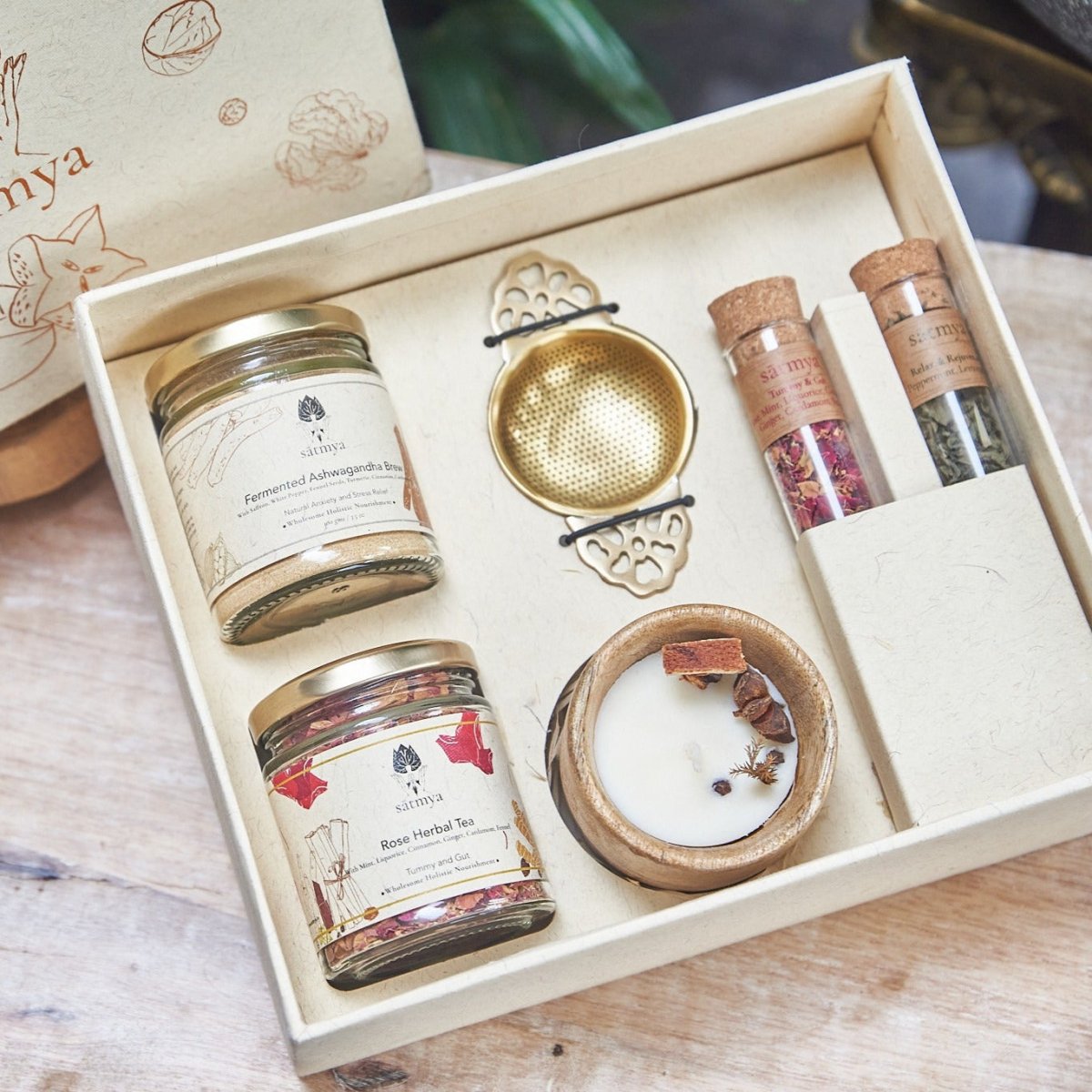
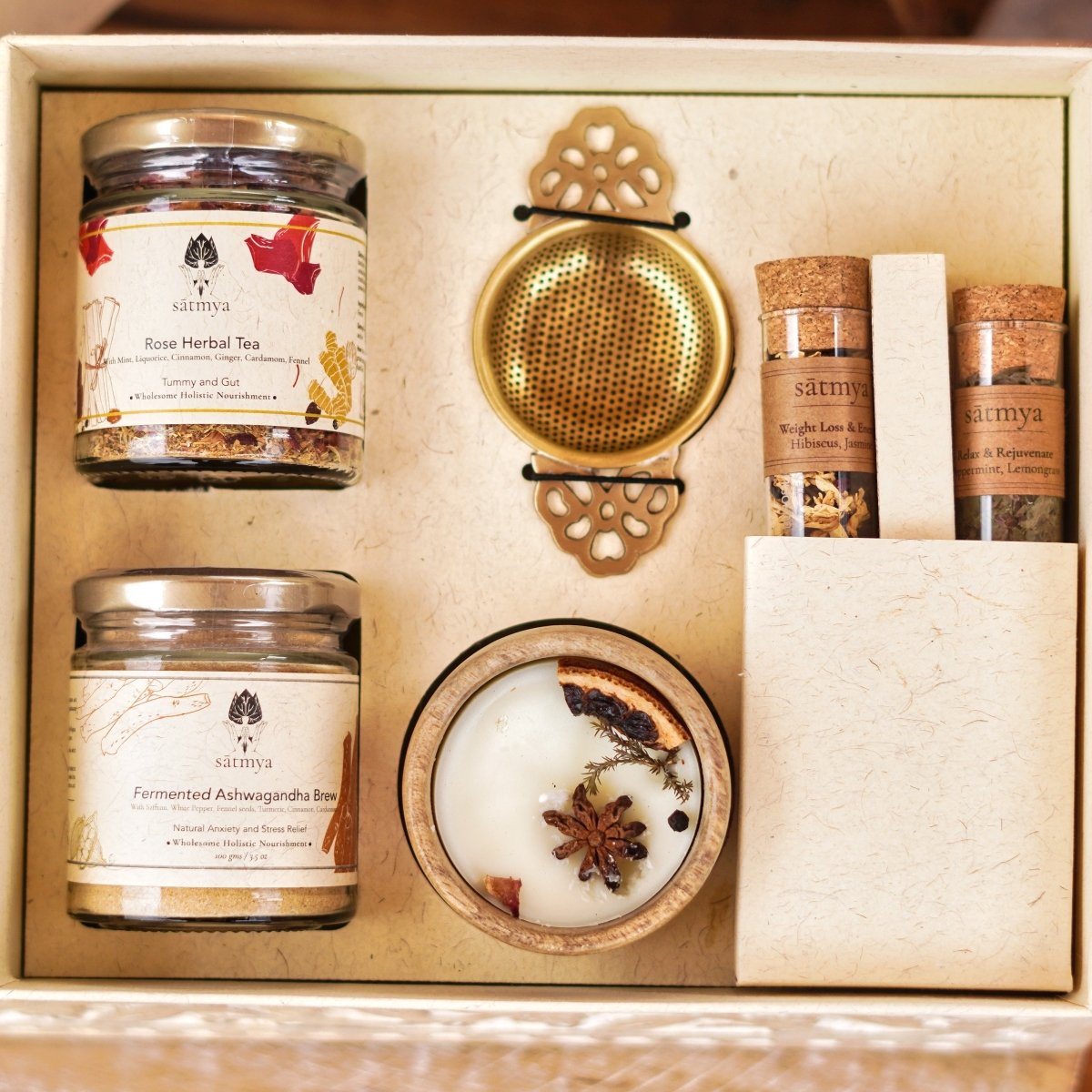
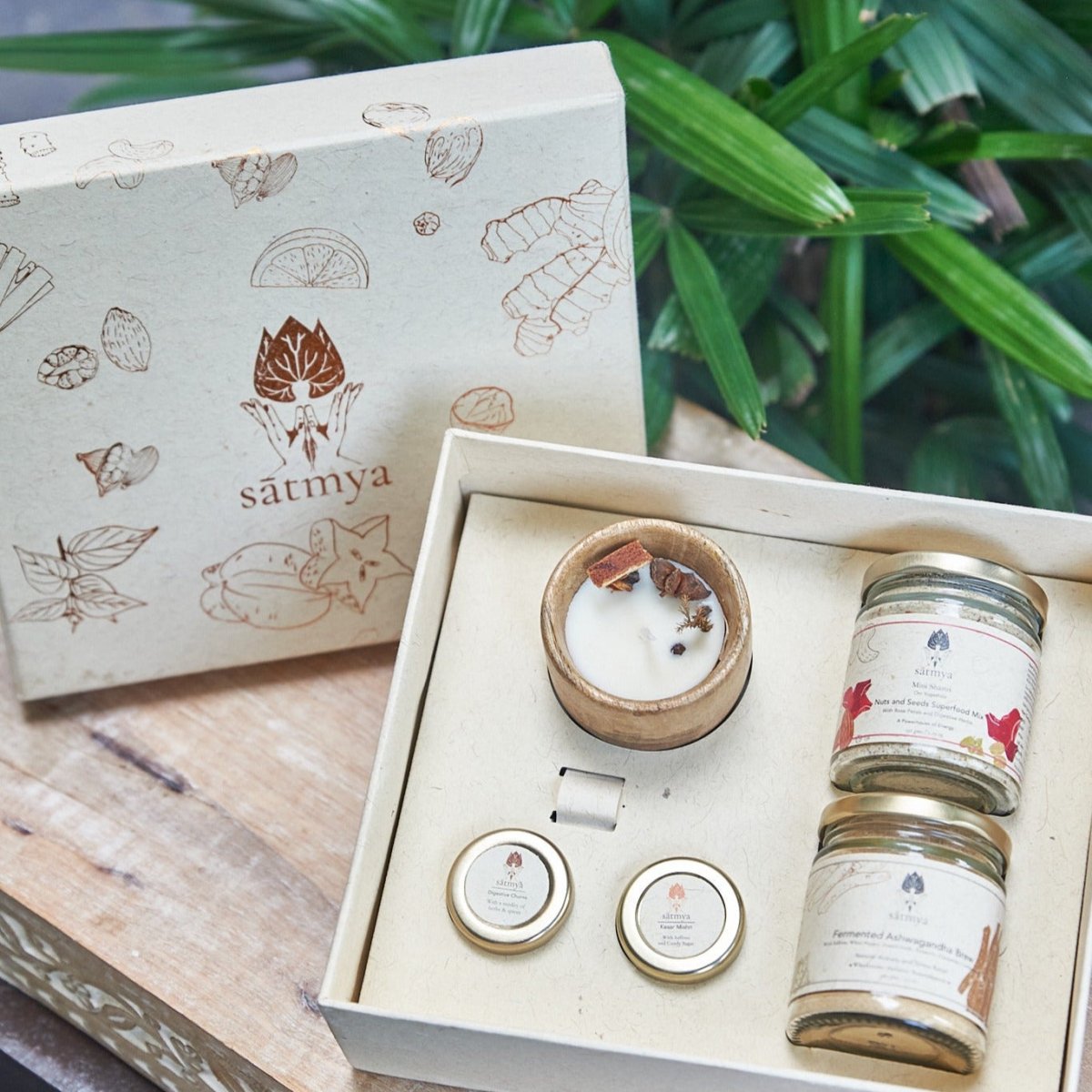
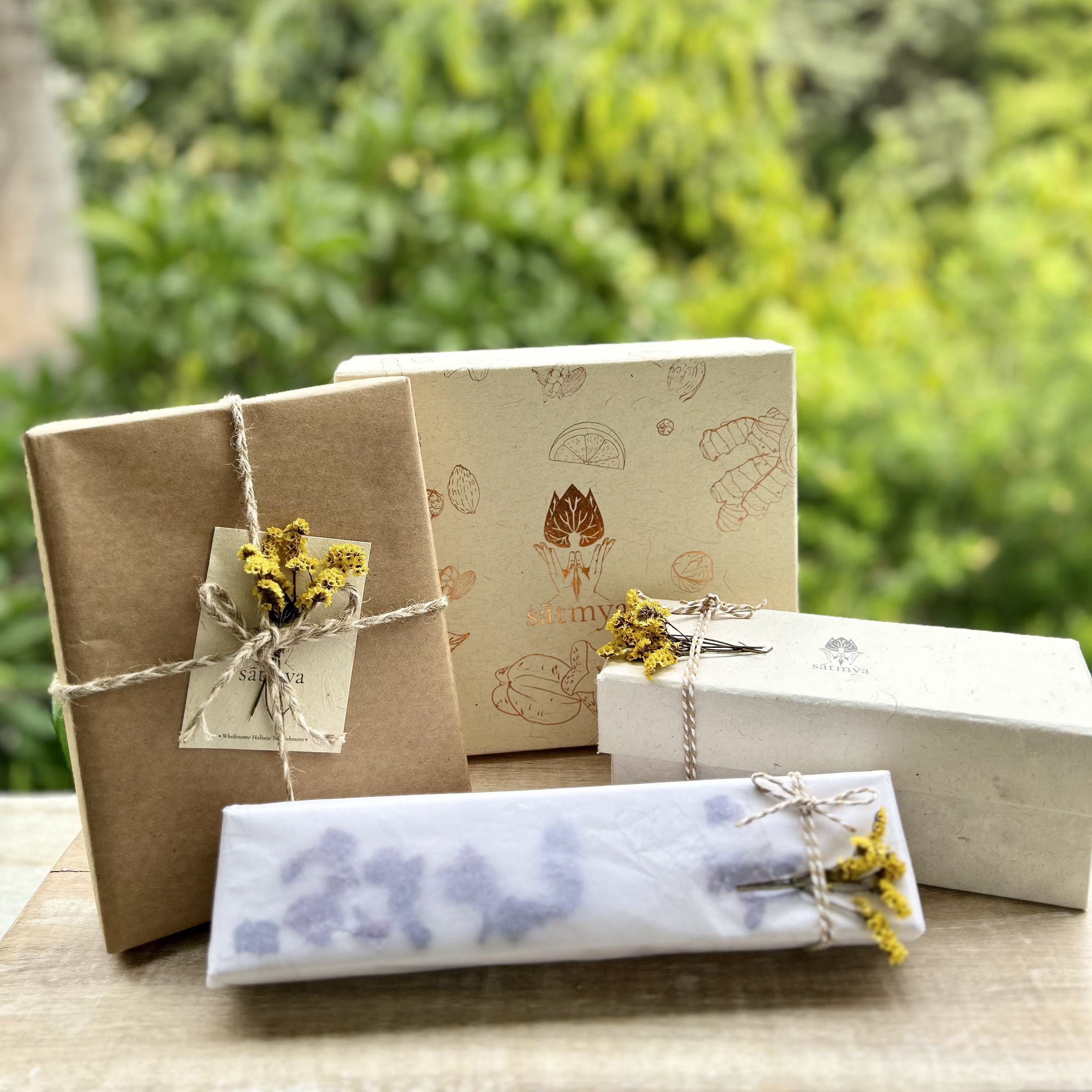
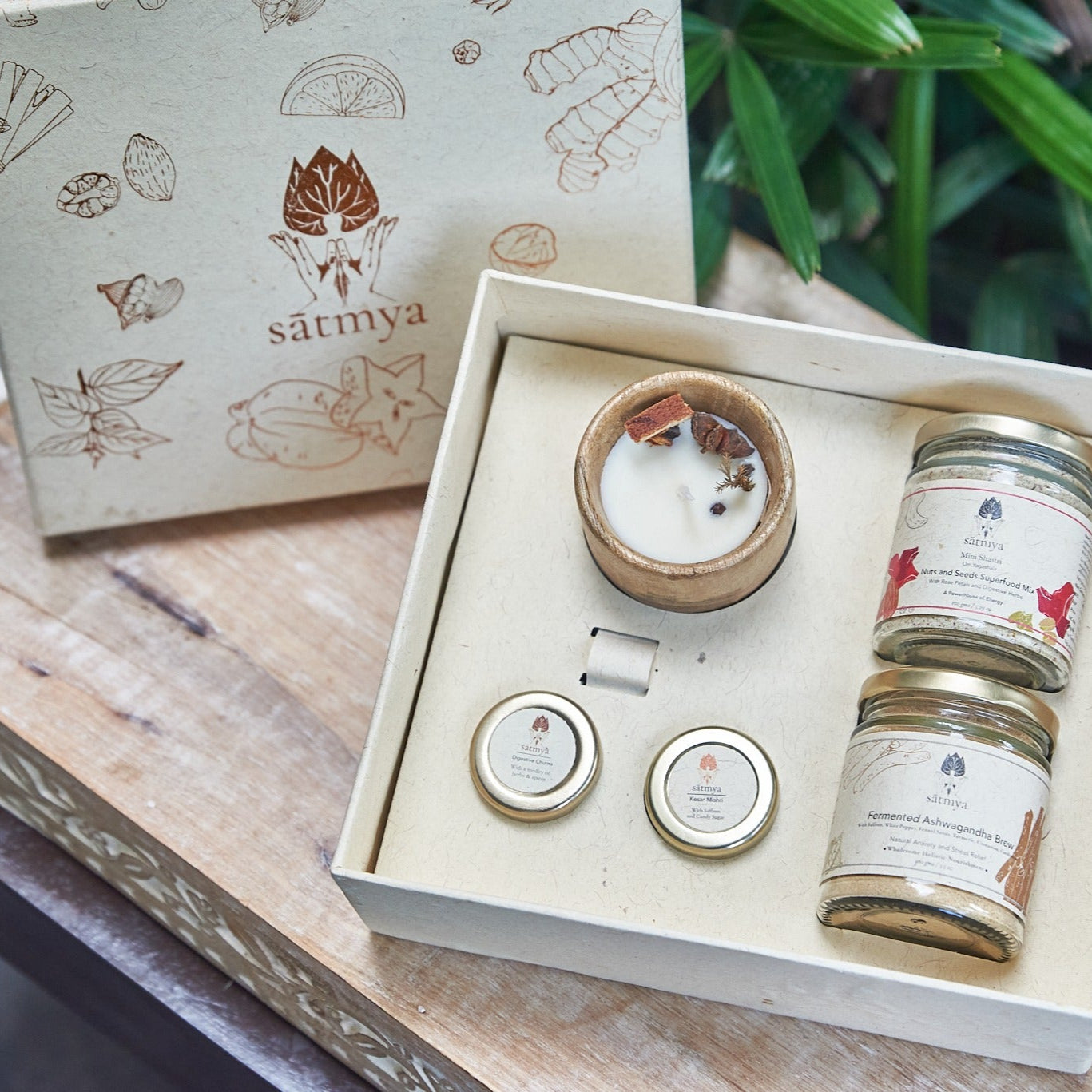
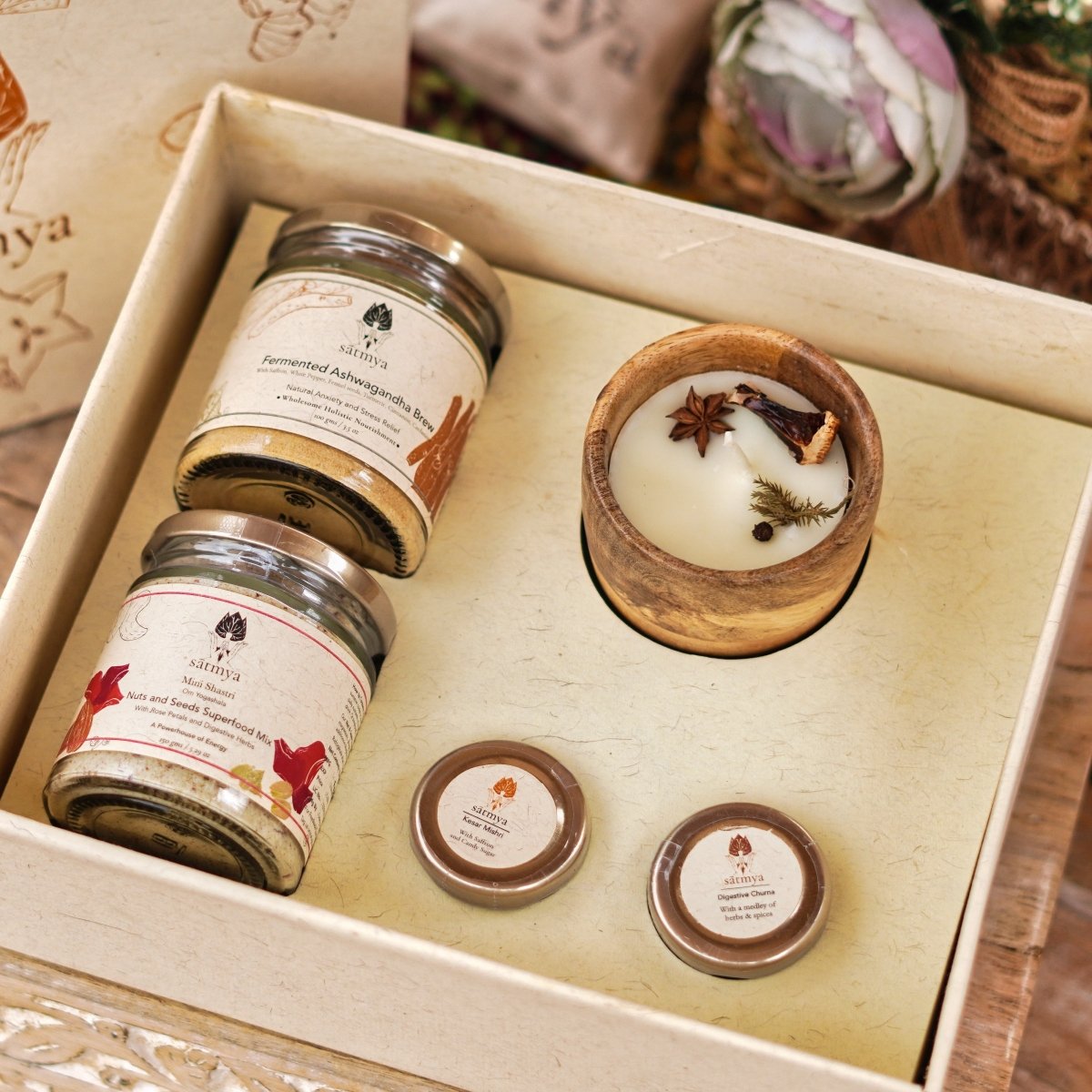
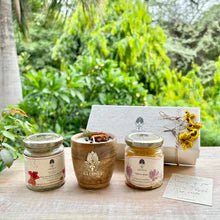
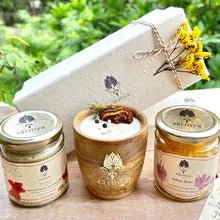
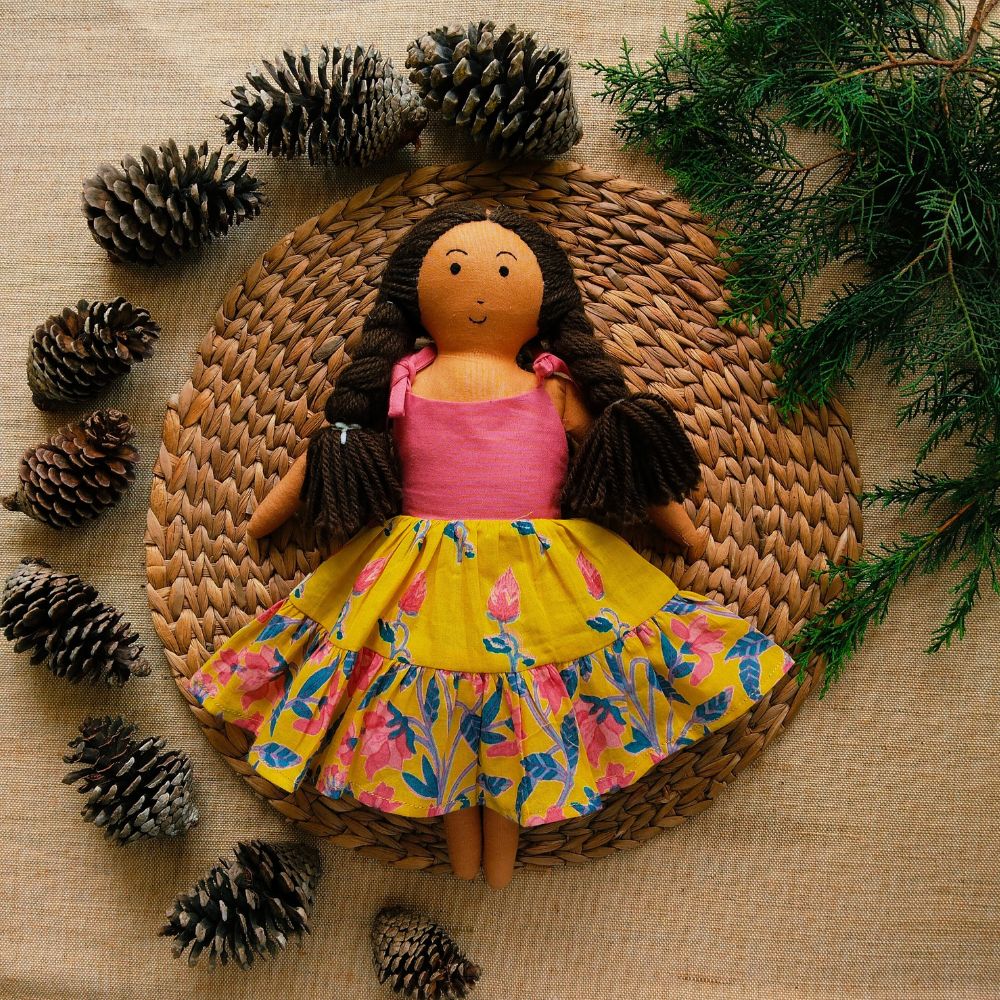
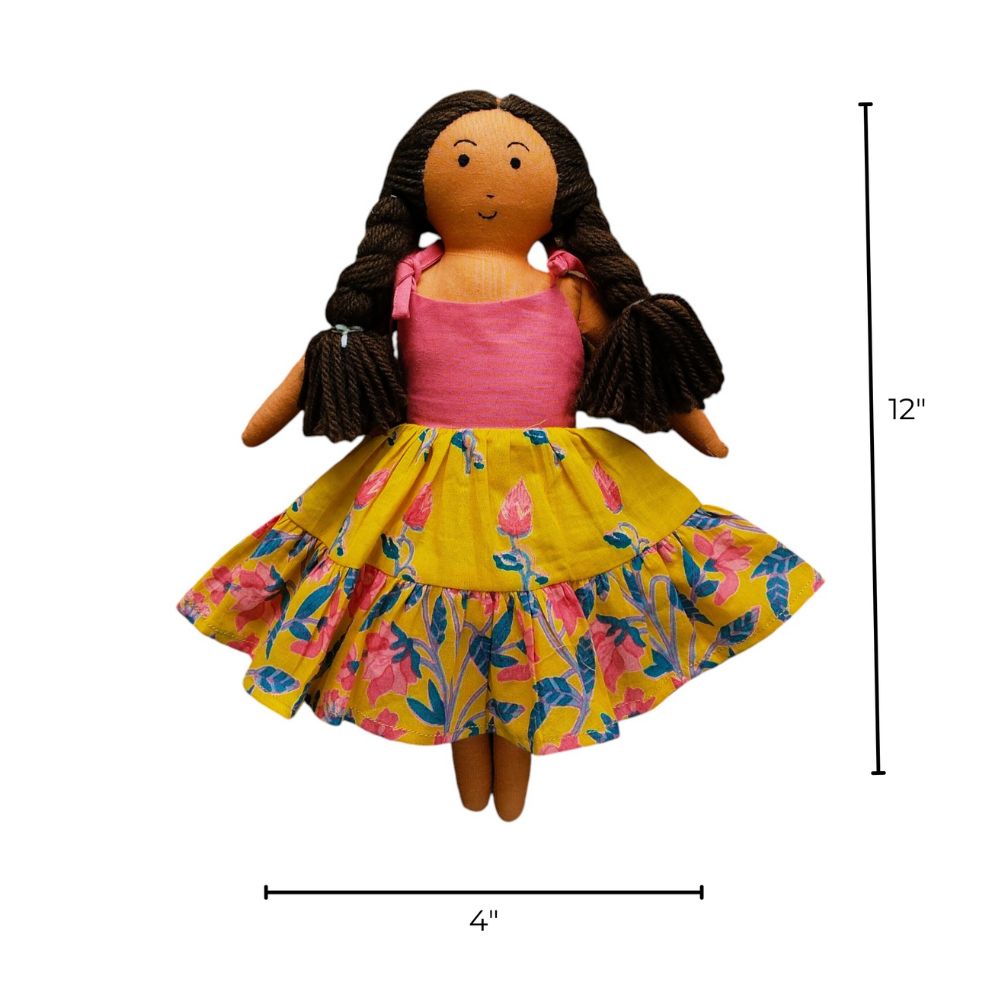
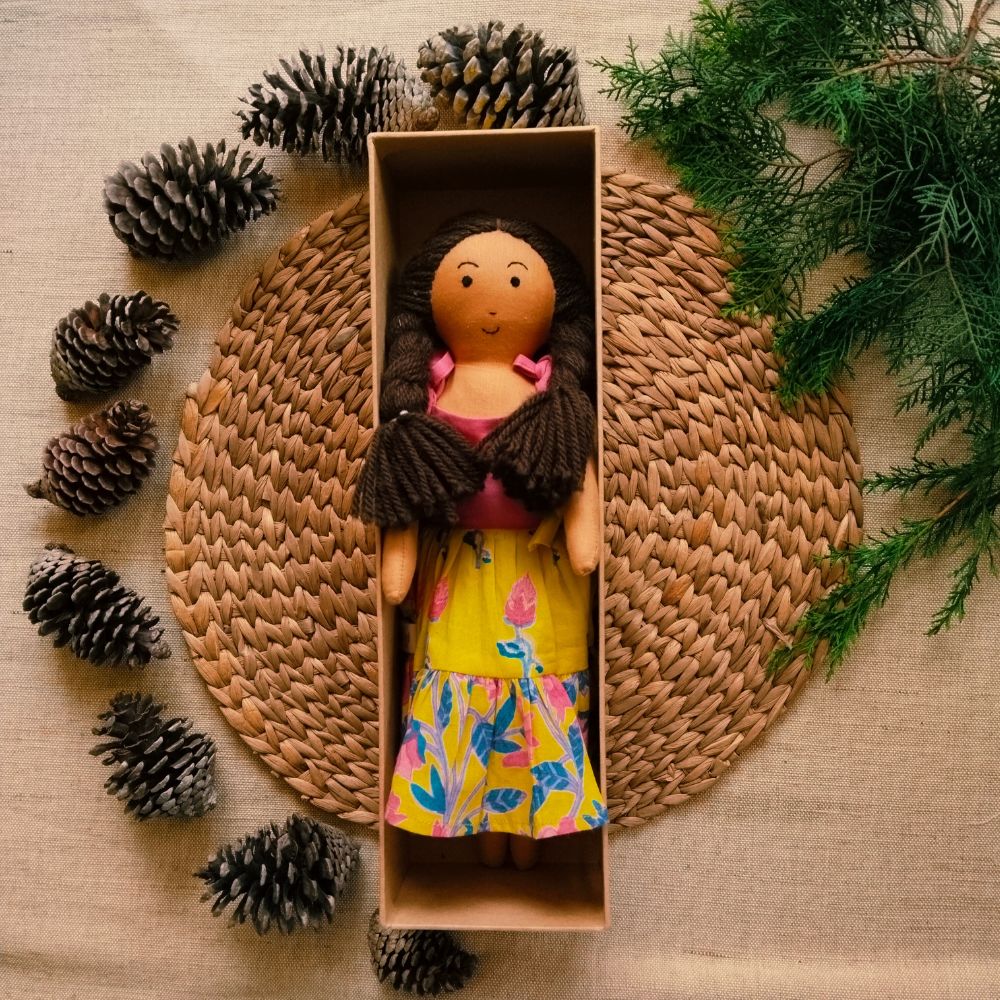
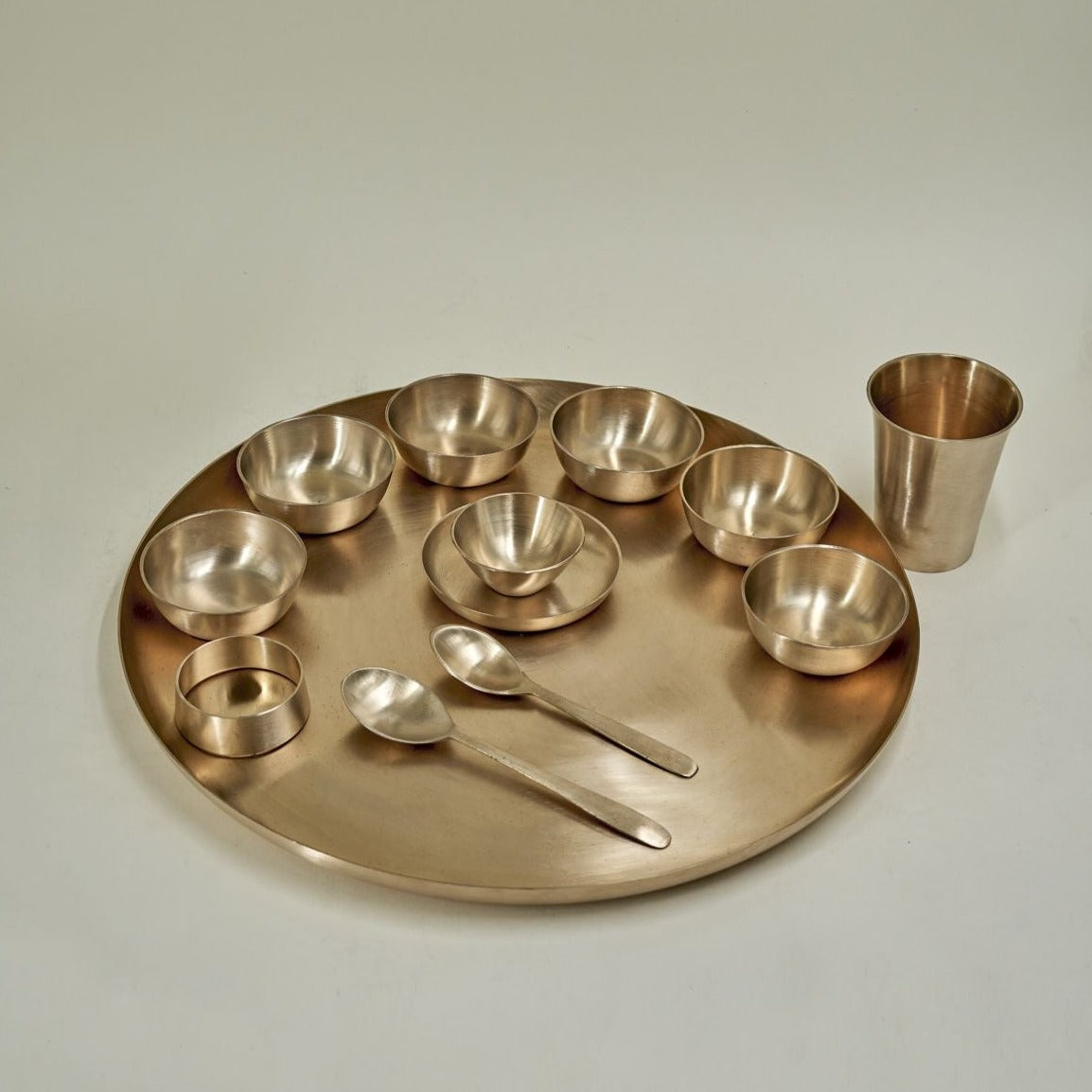
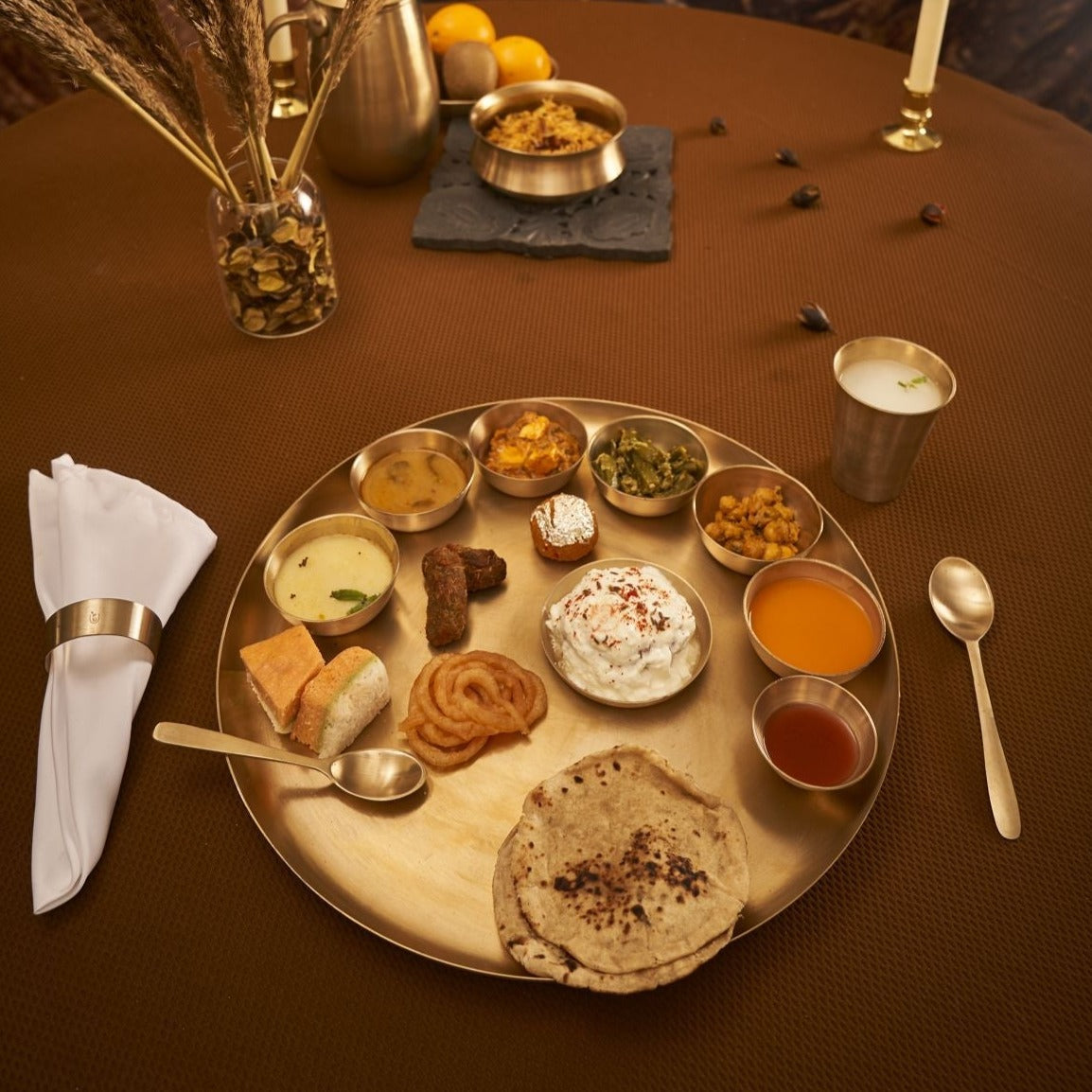
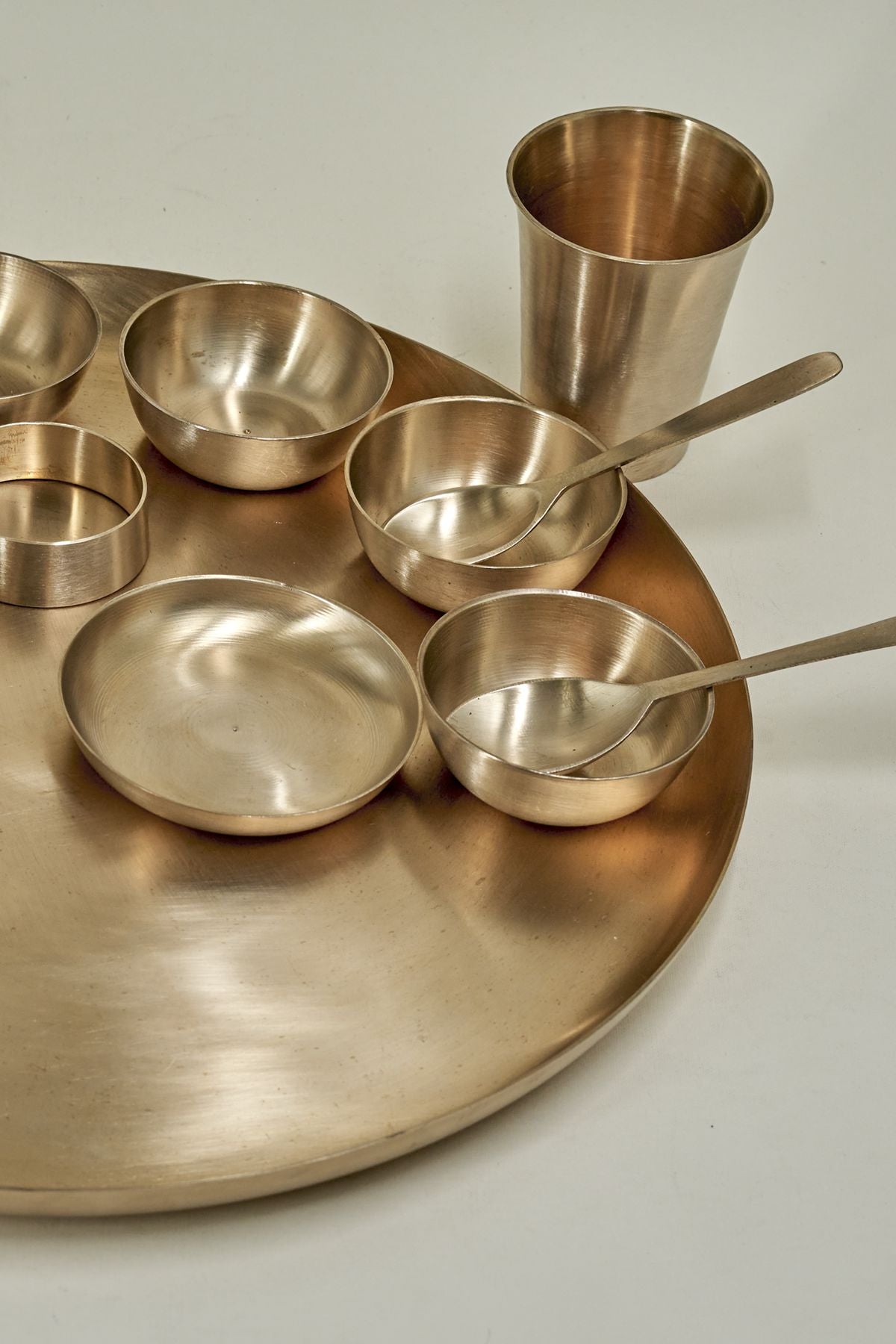
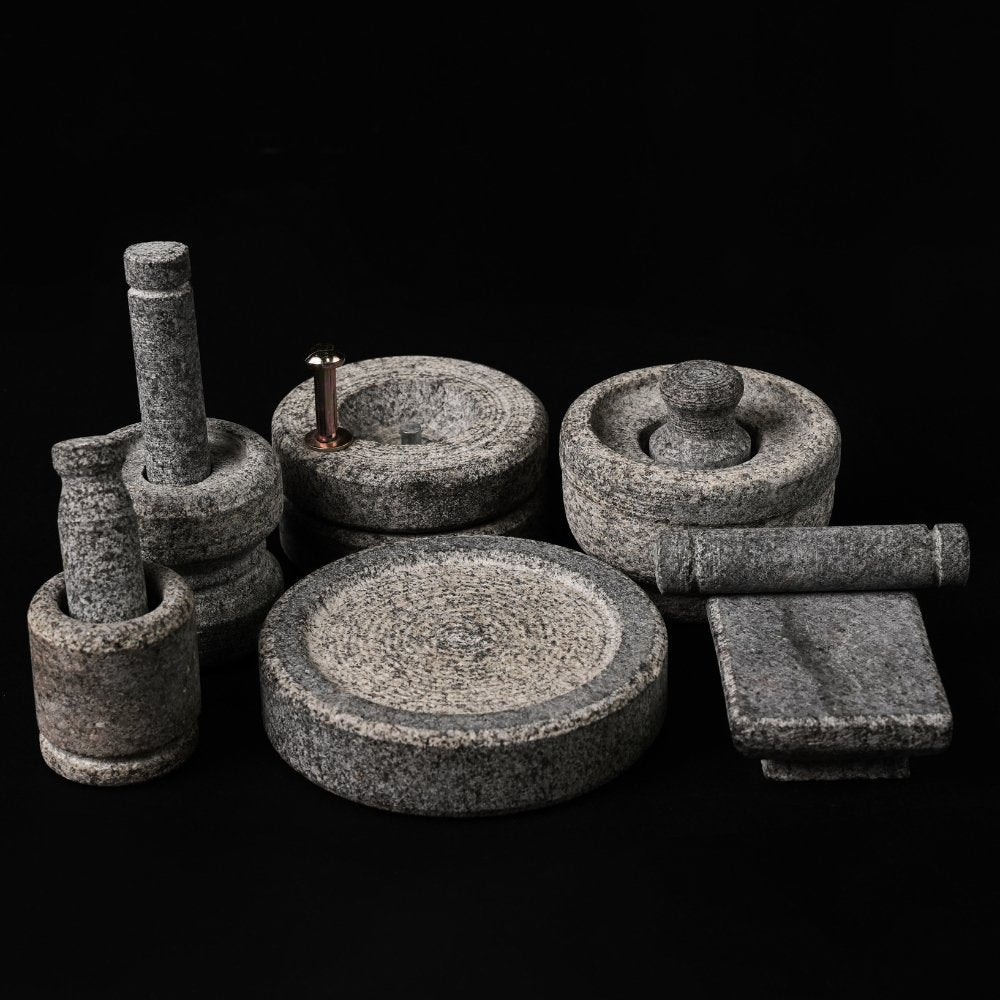




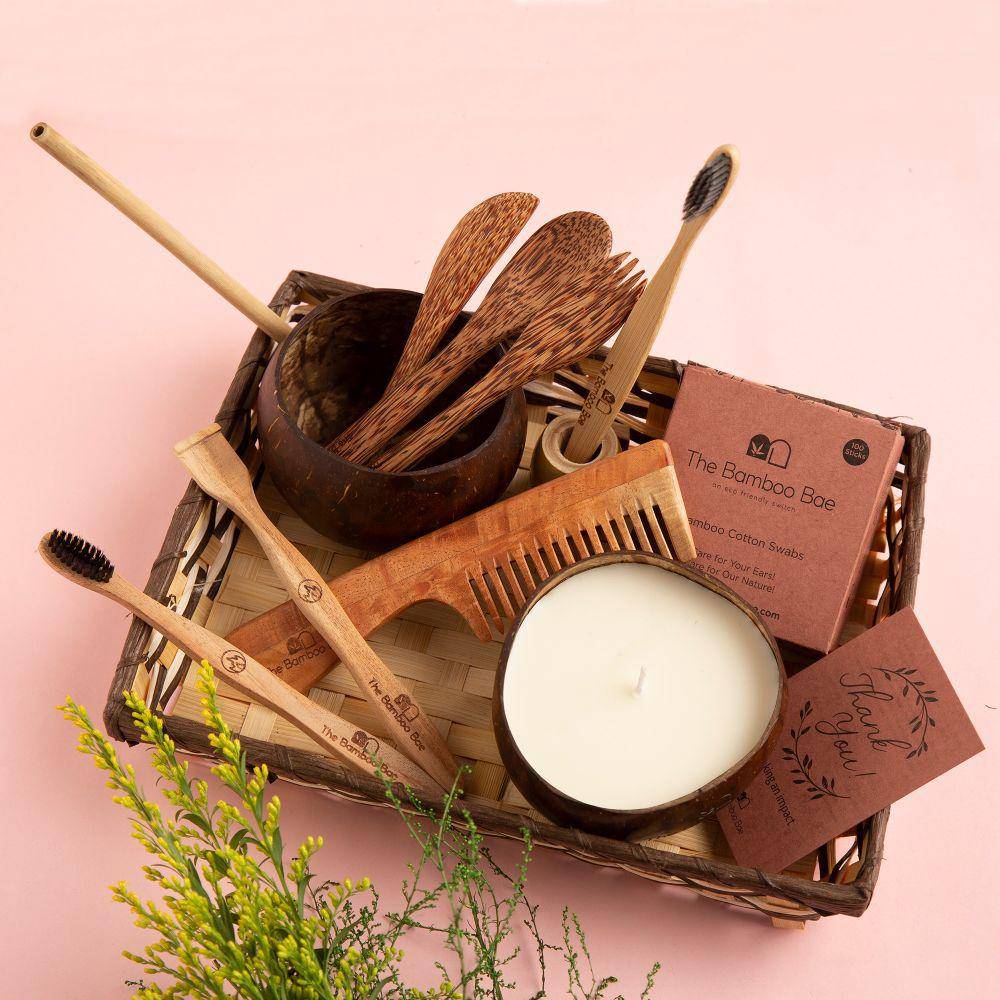
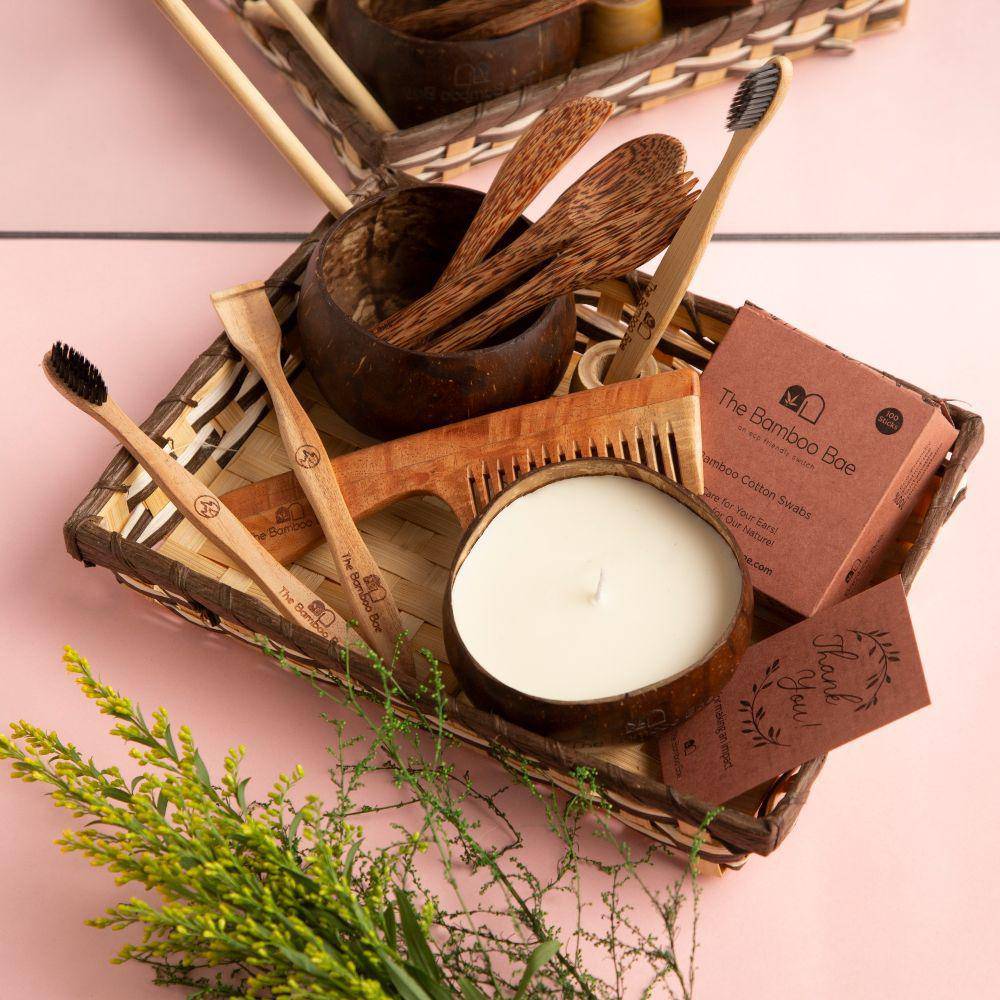
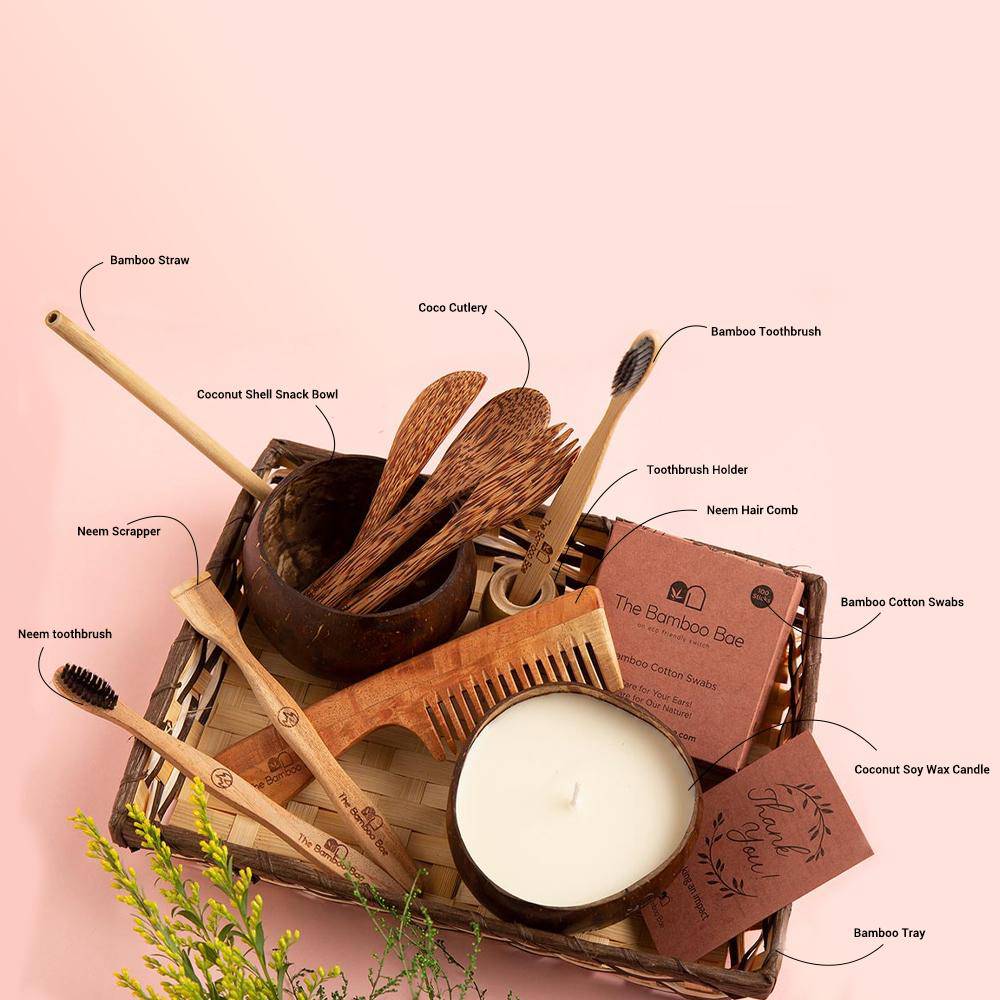
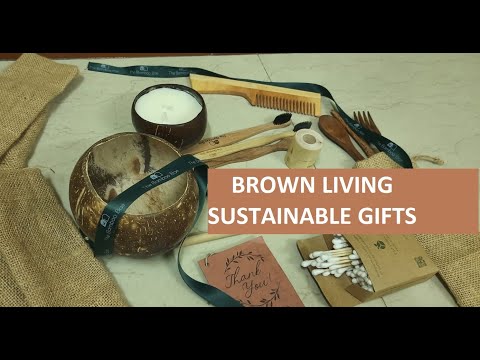
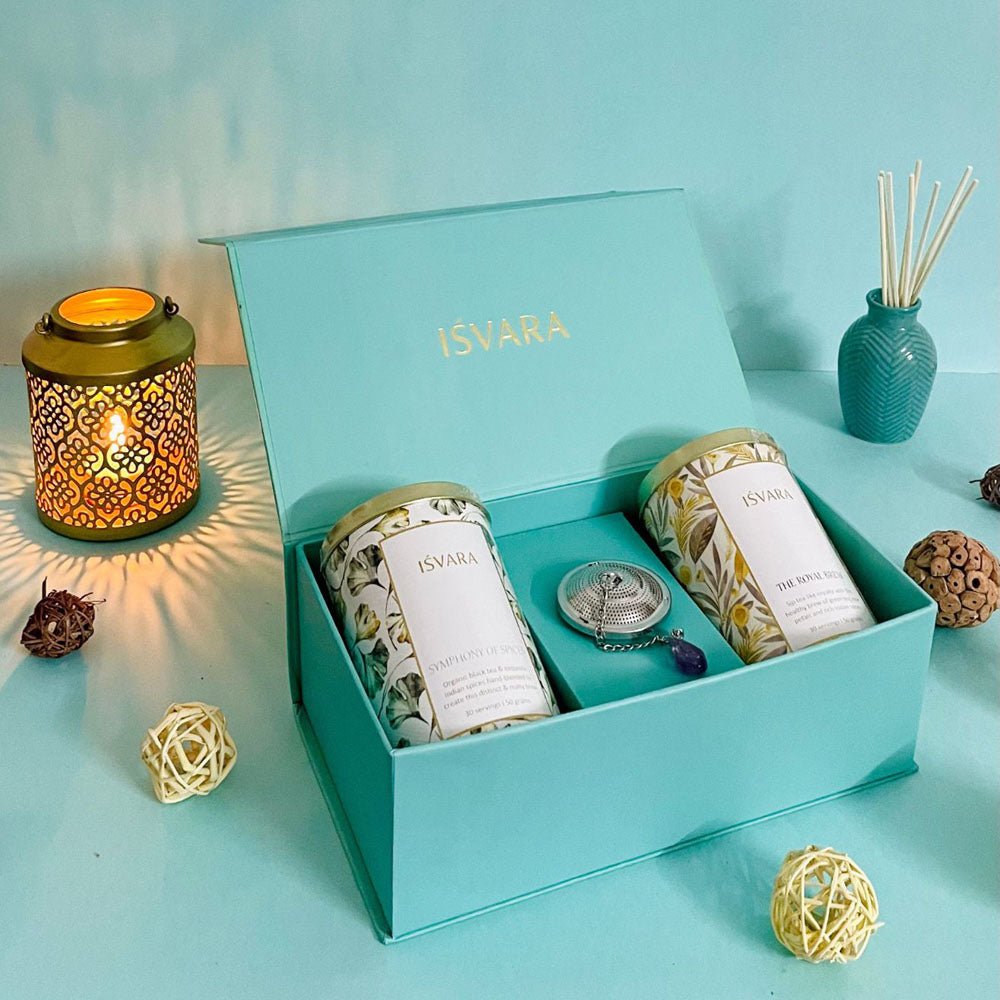
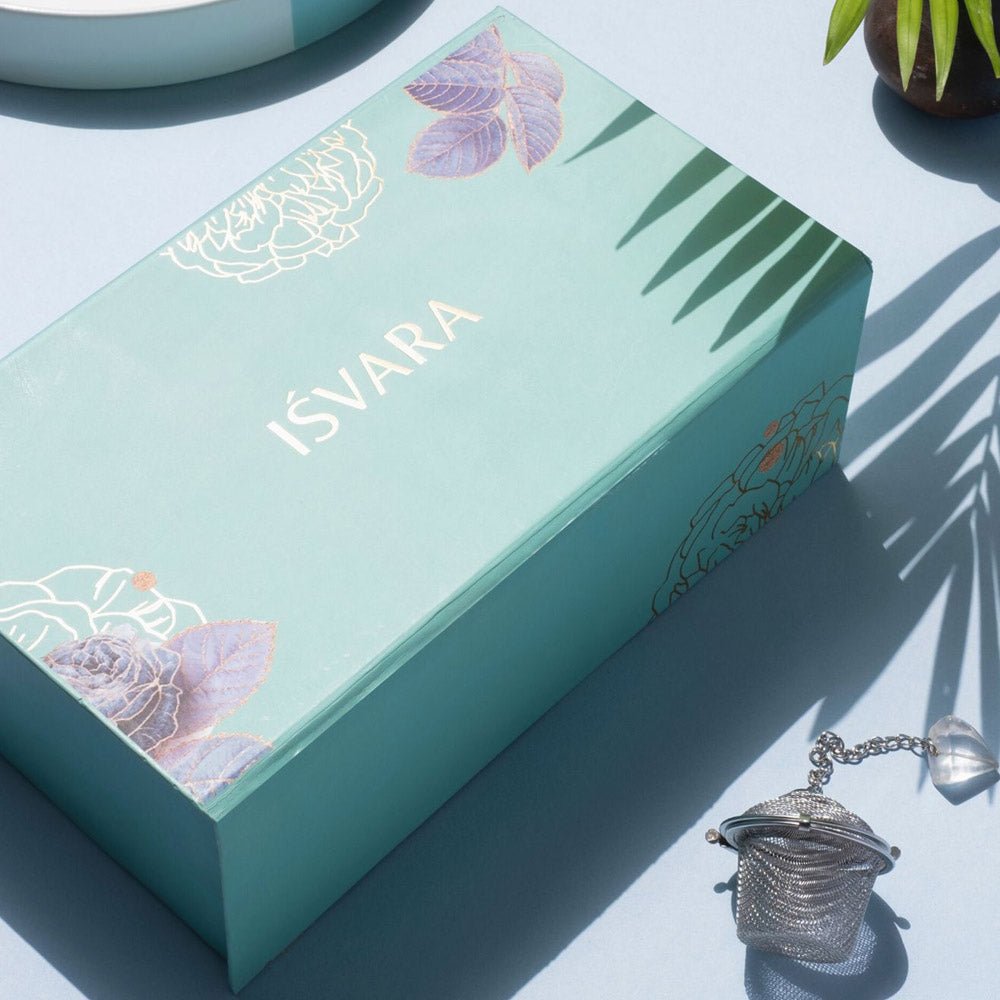
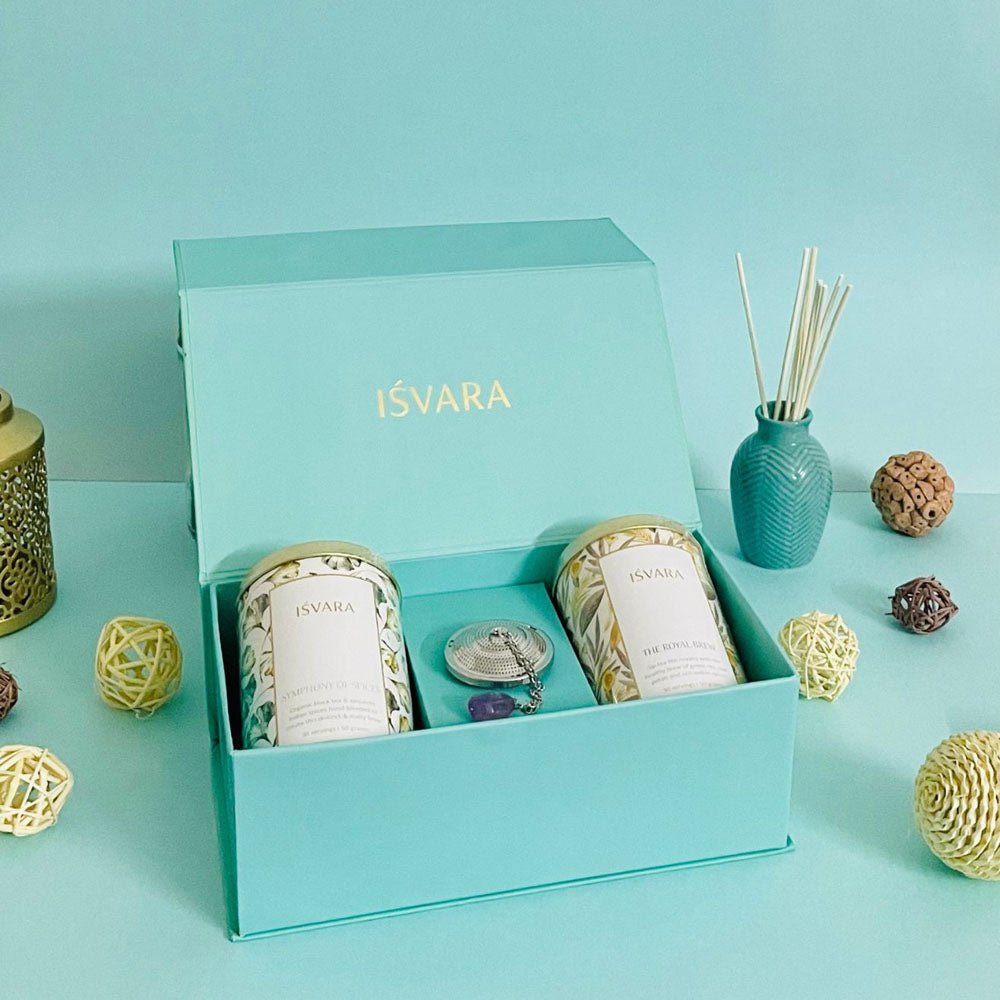
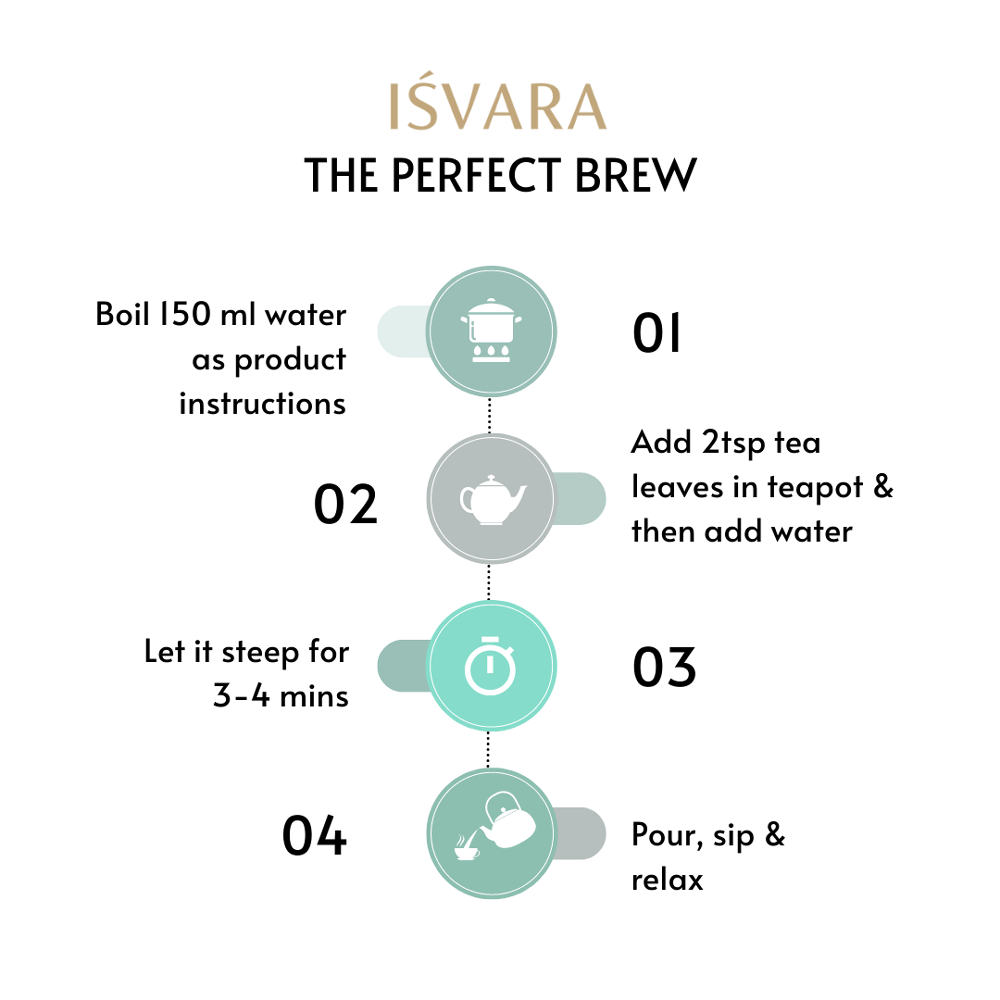
Share:
The Conscious Fashionista’s Guide to Sustainable Silks
Becoming Sustainable: Terms you should know